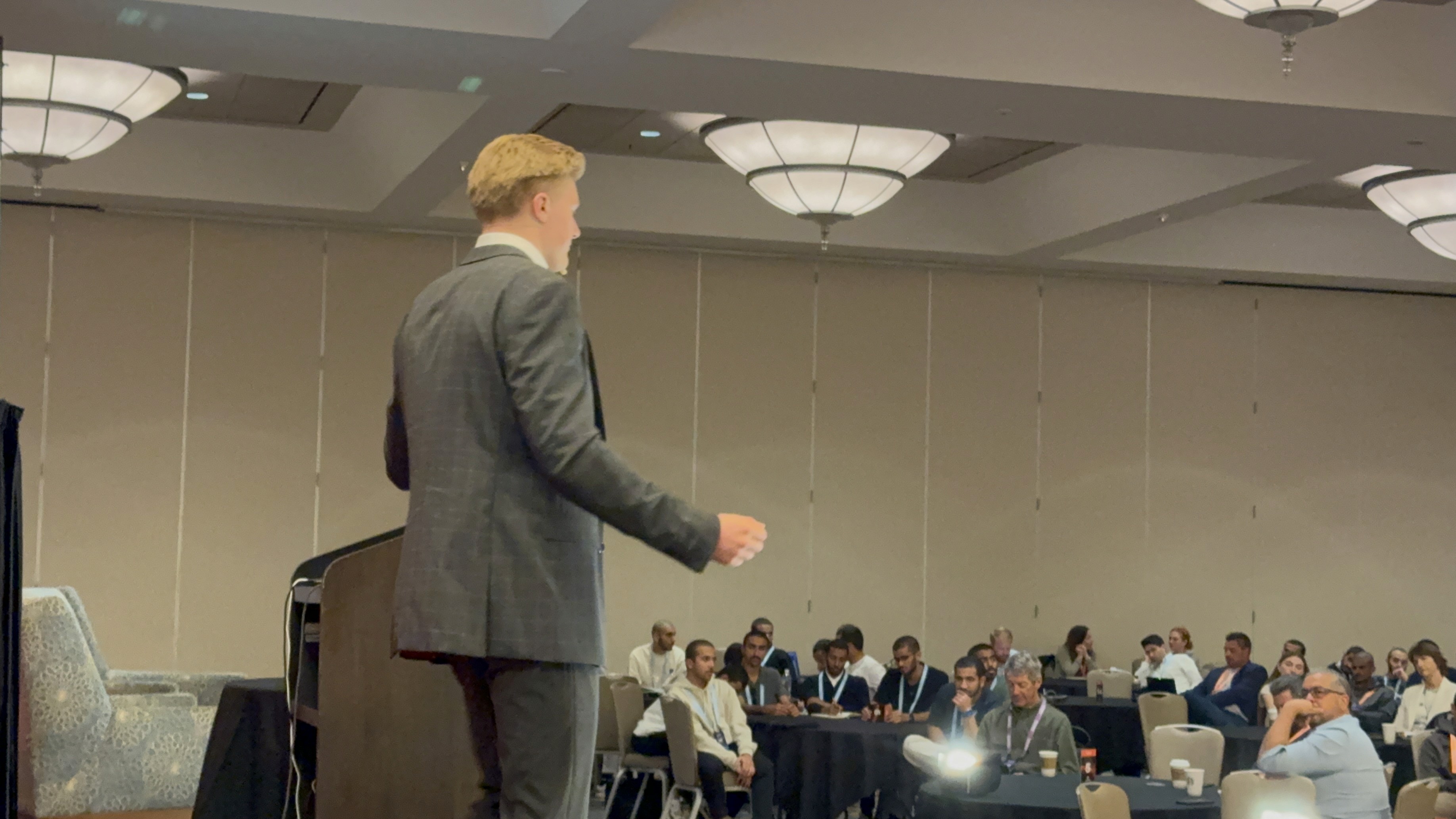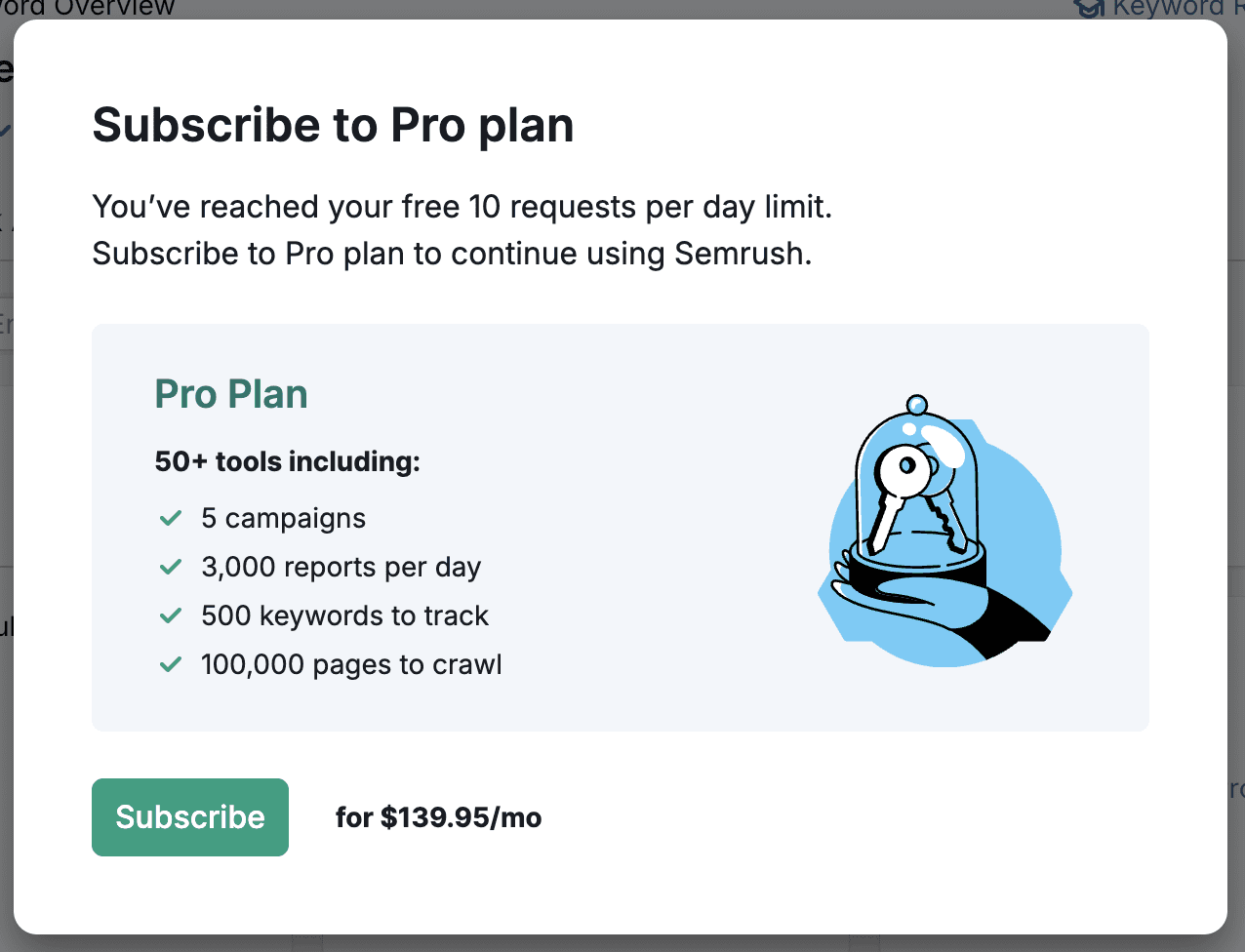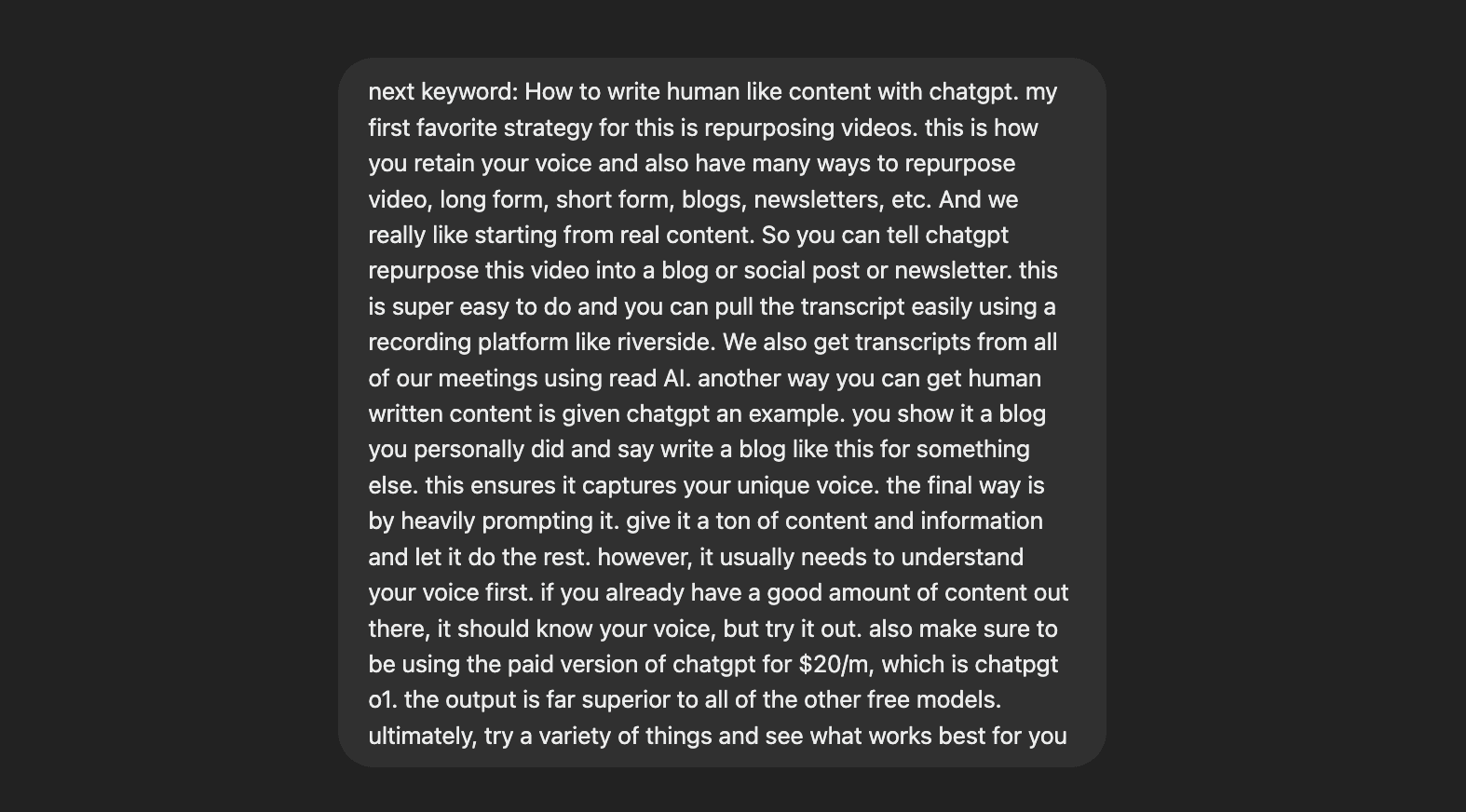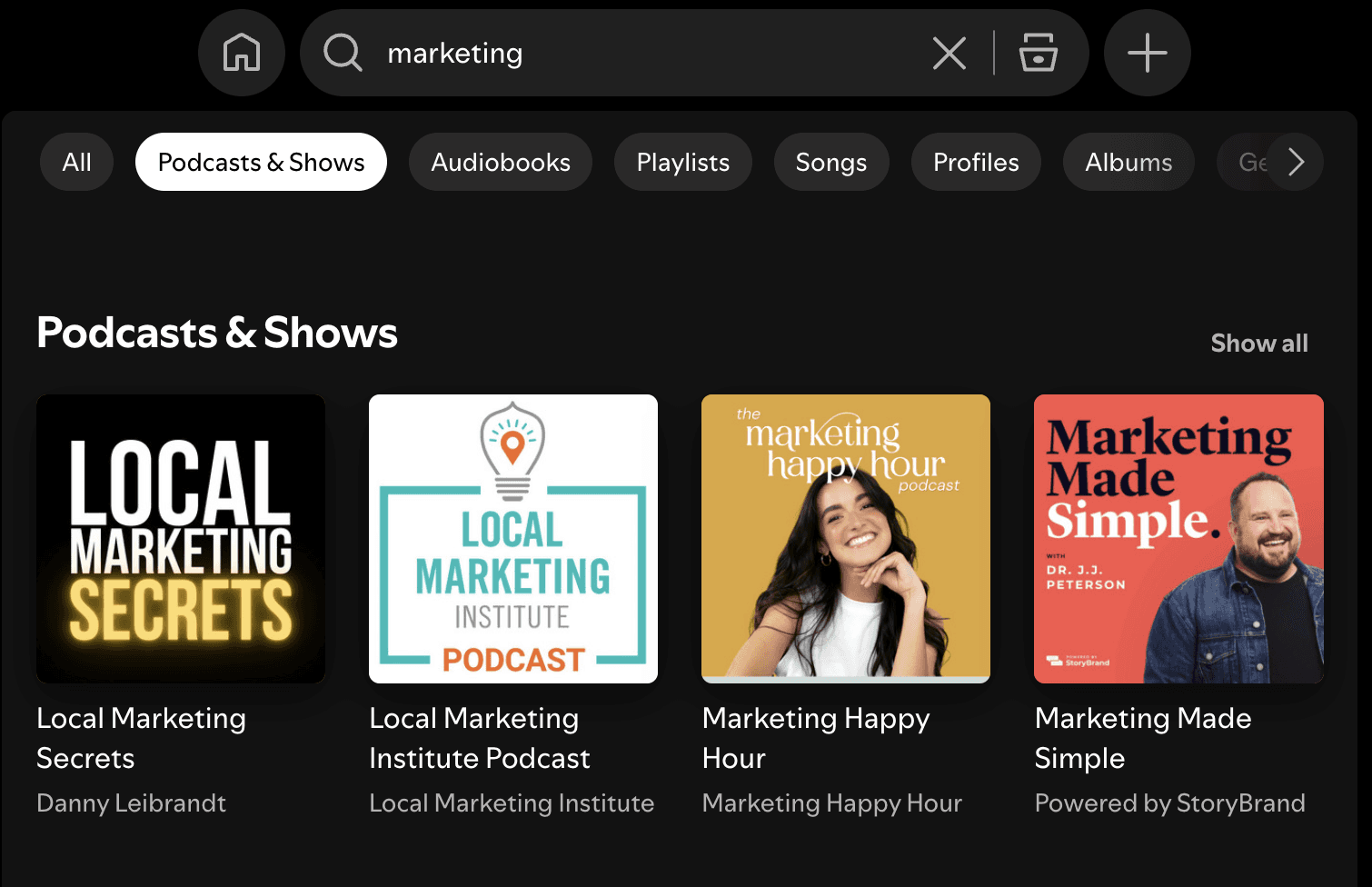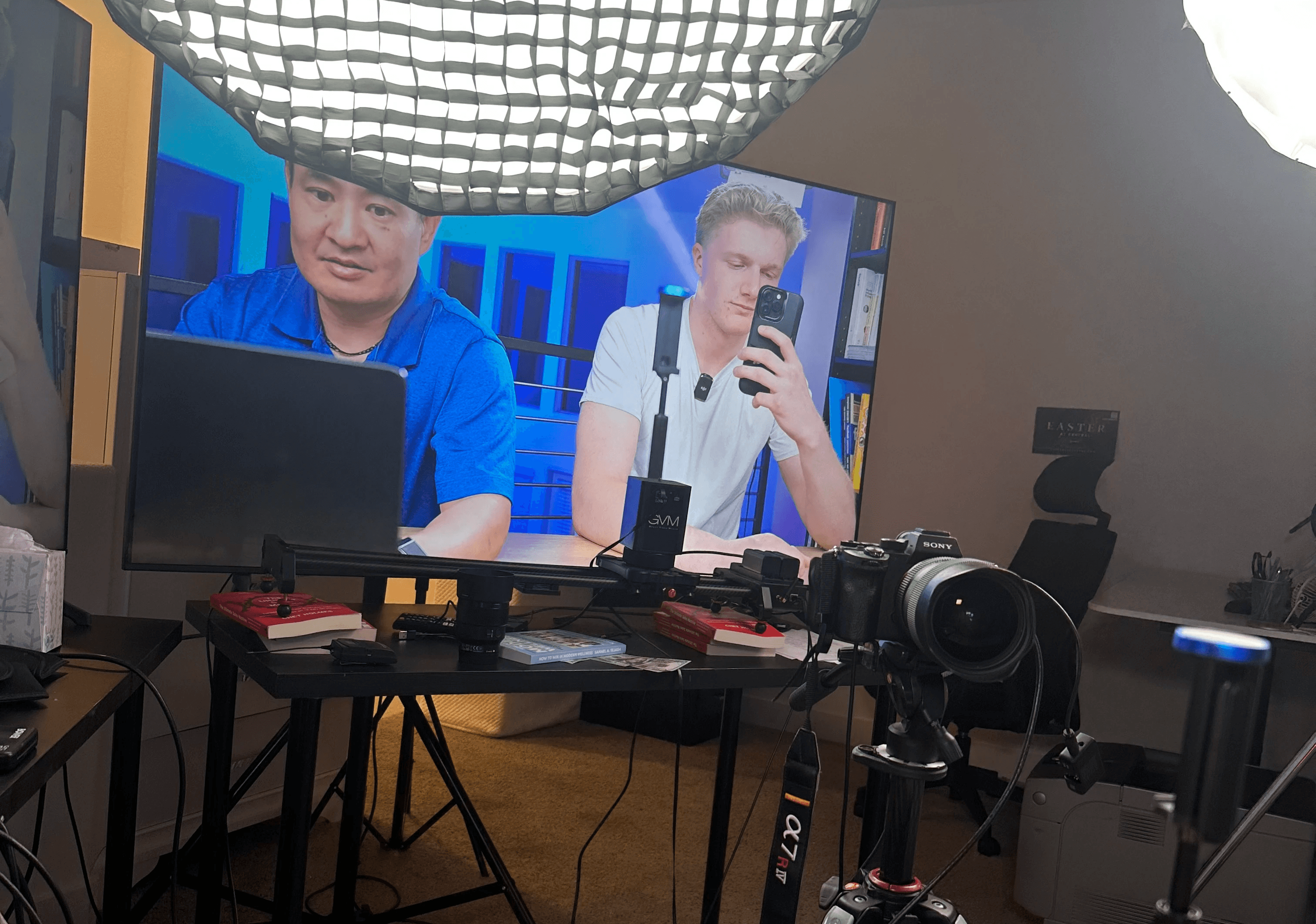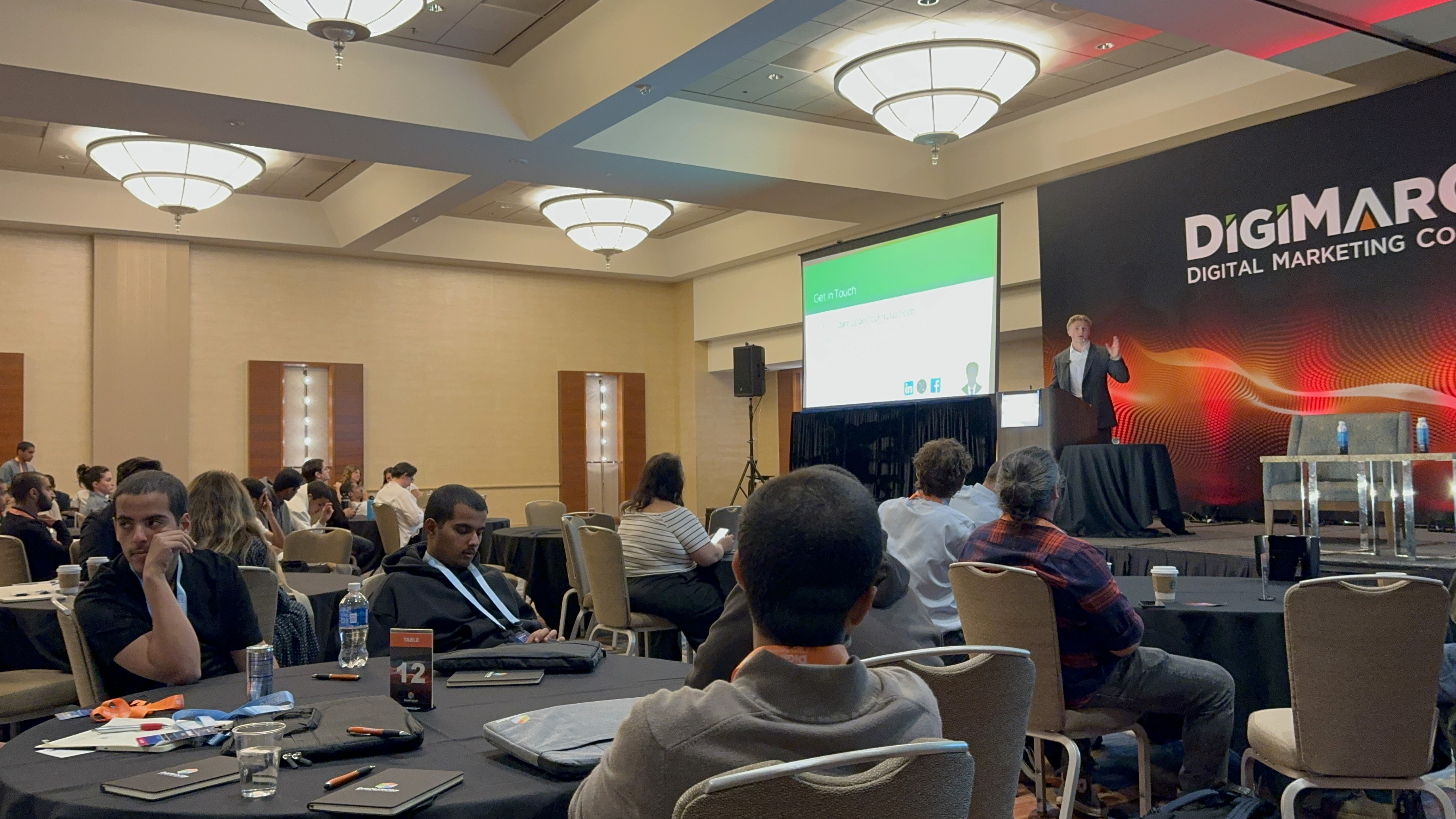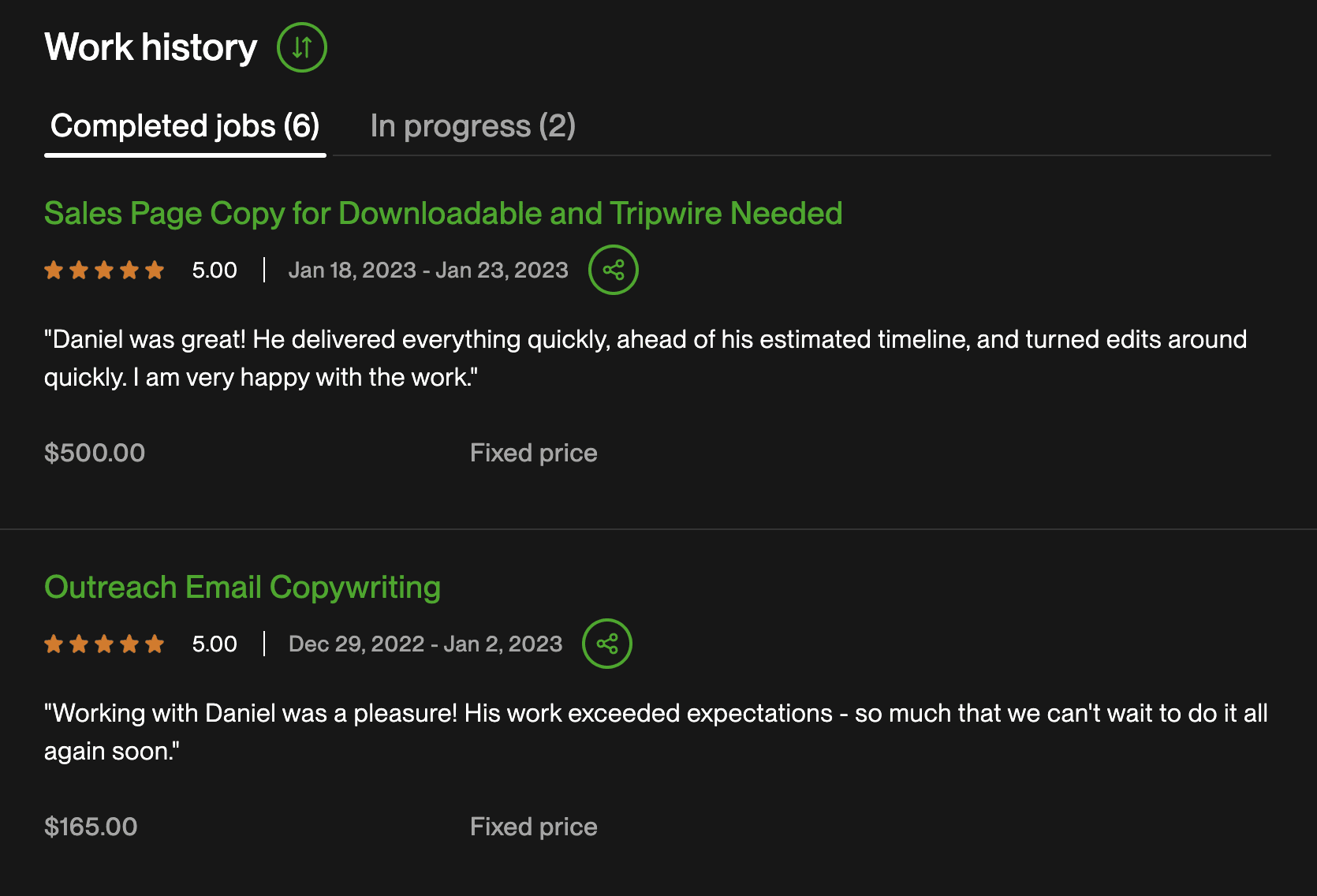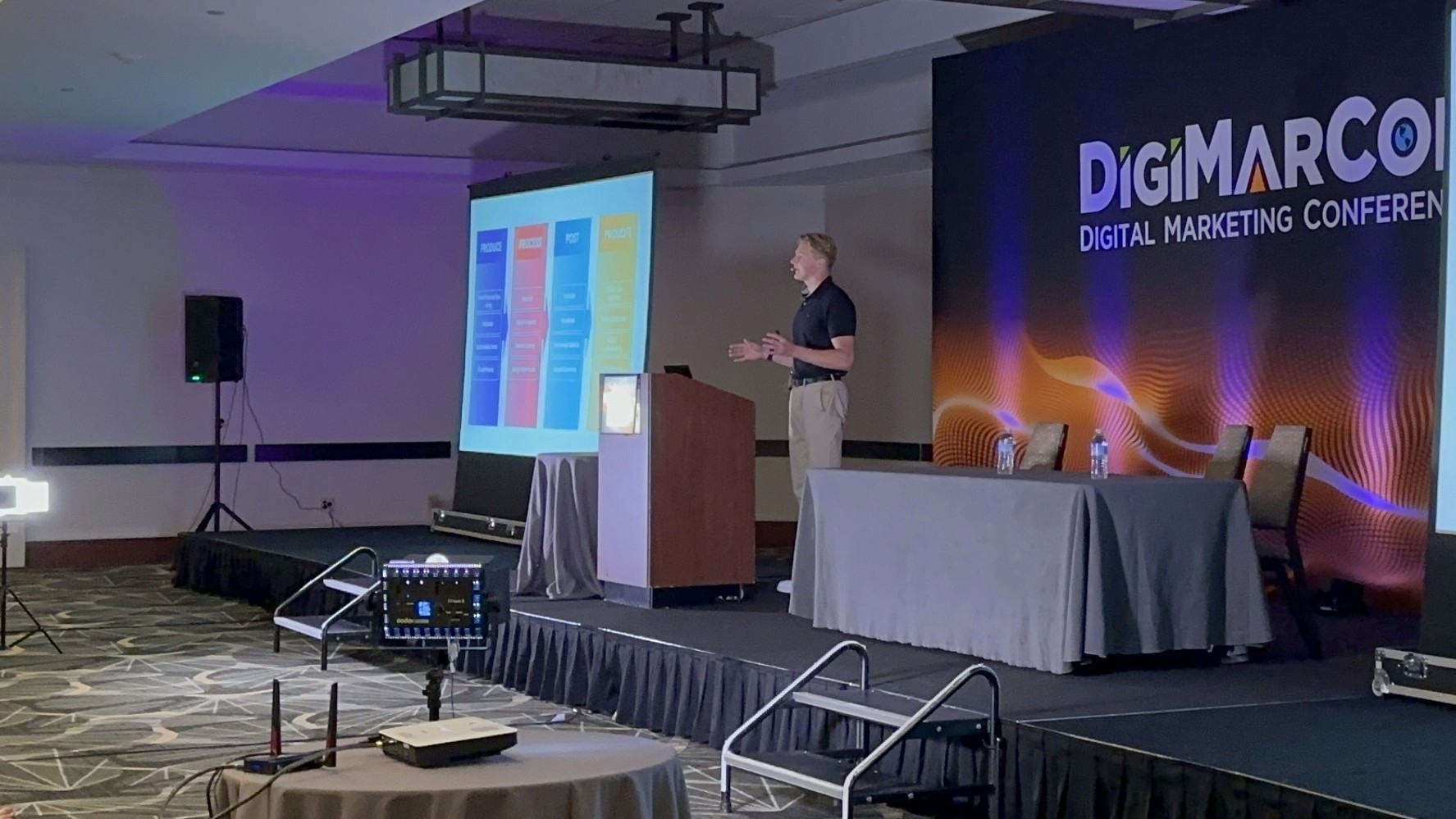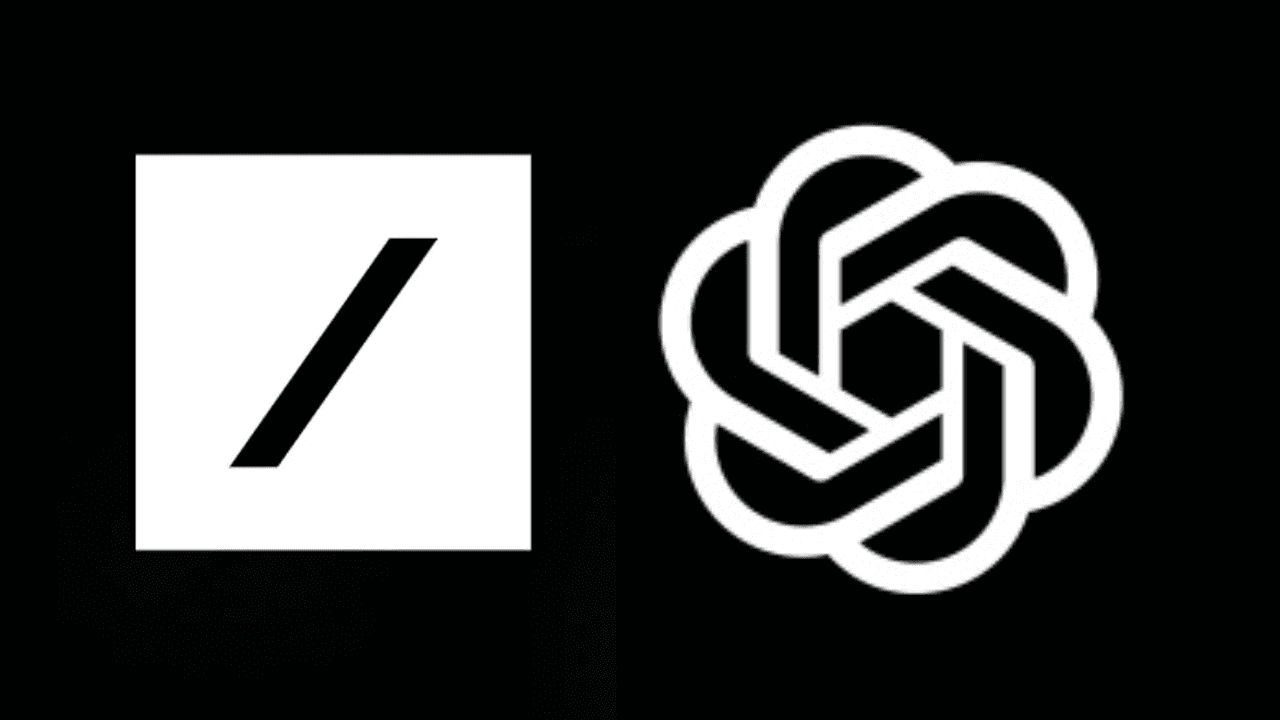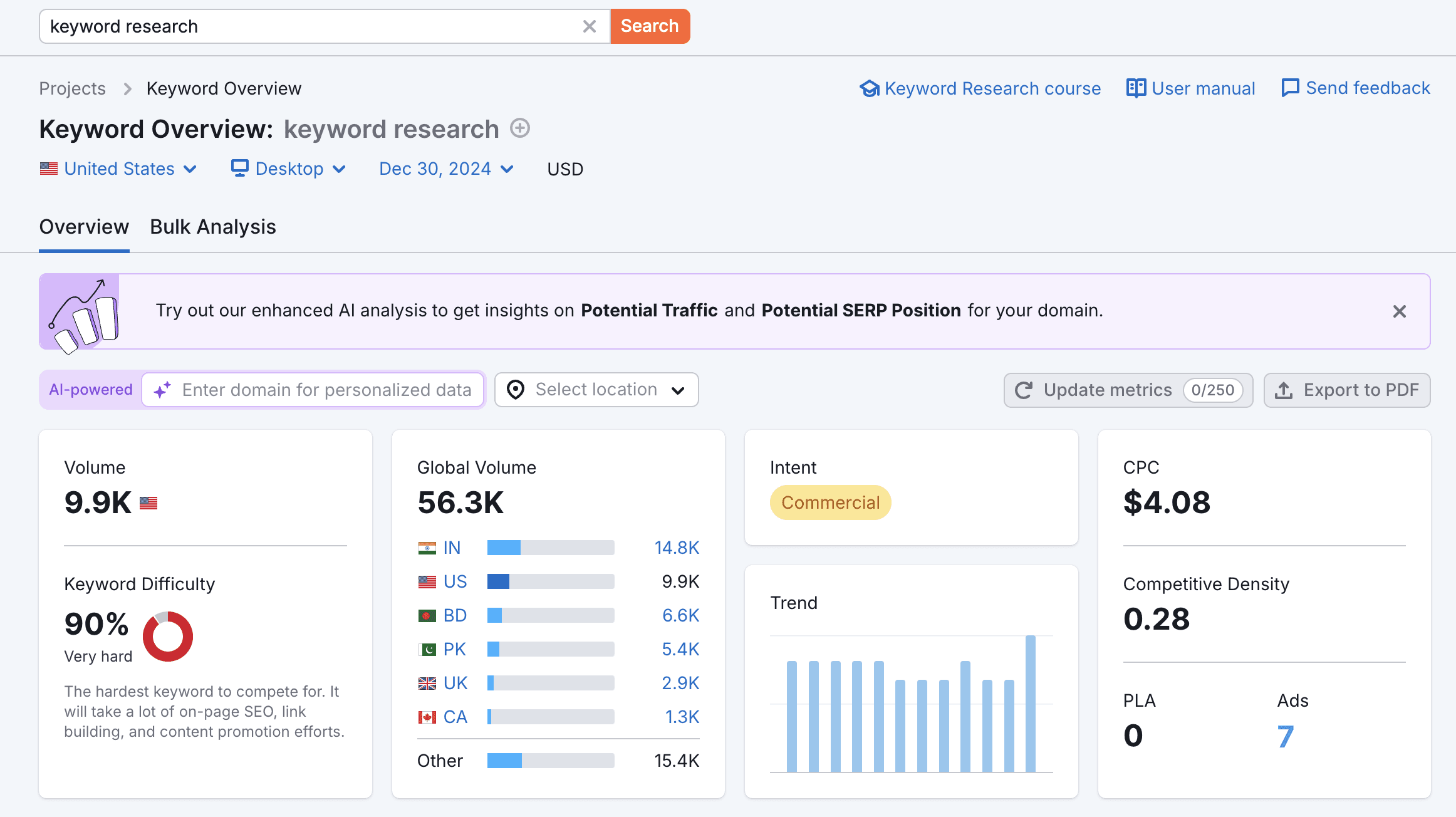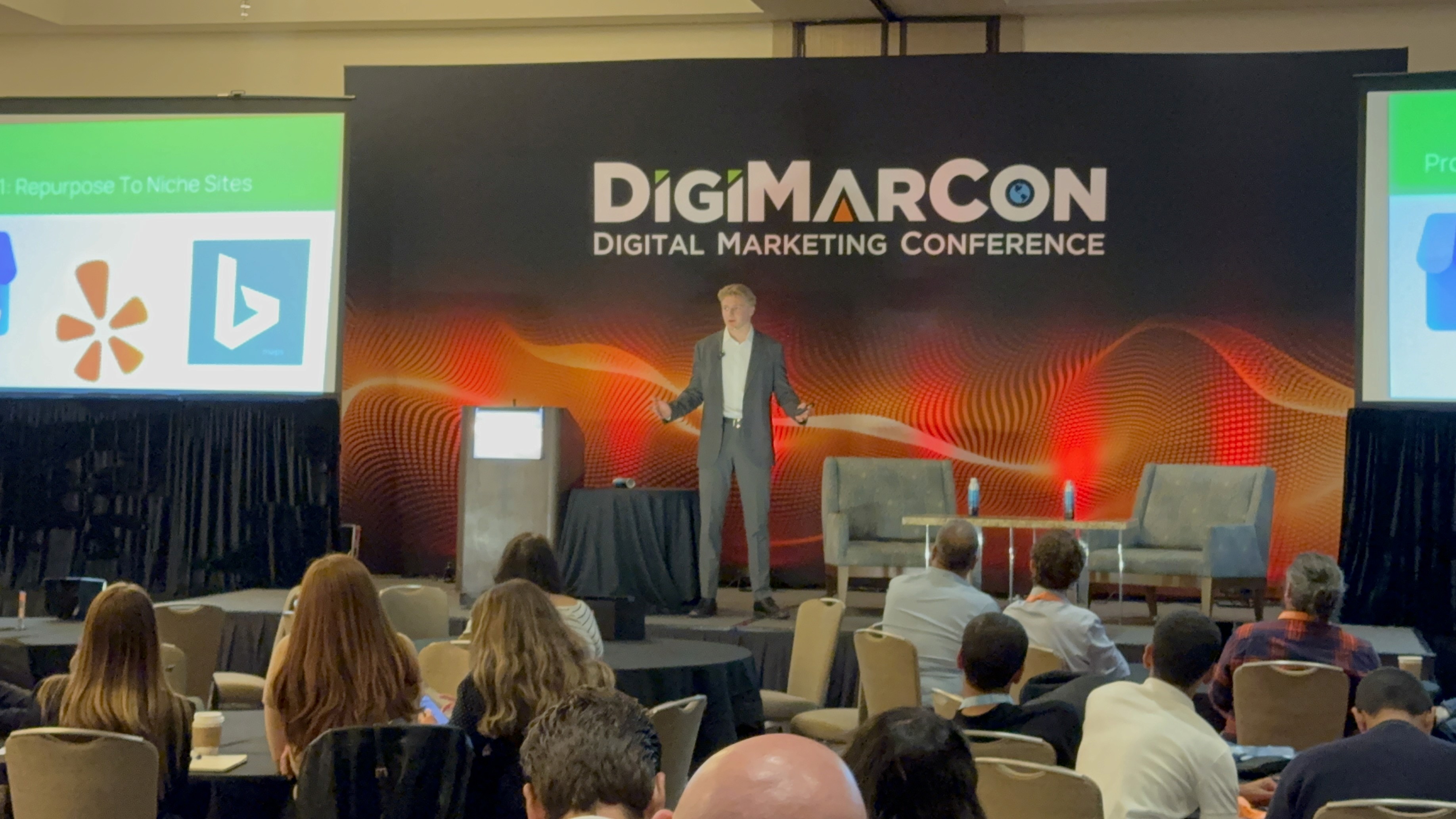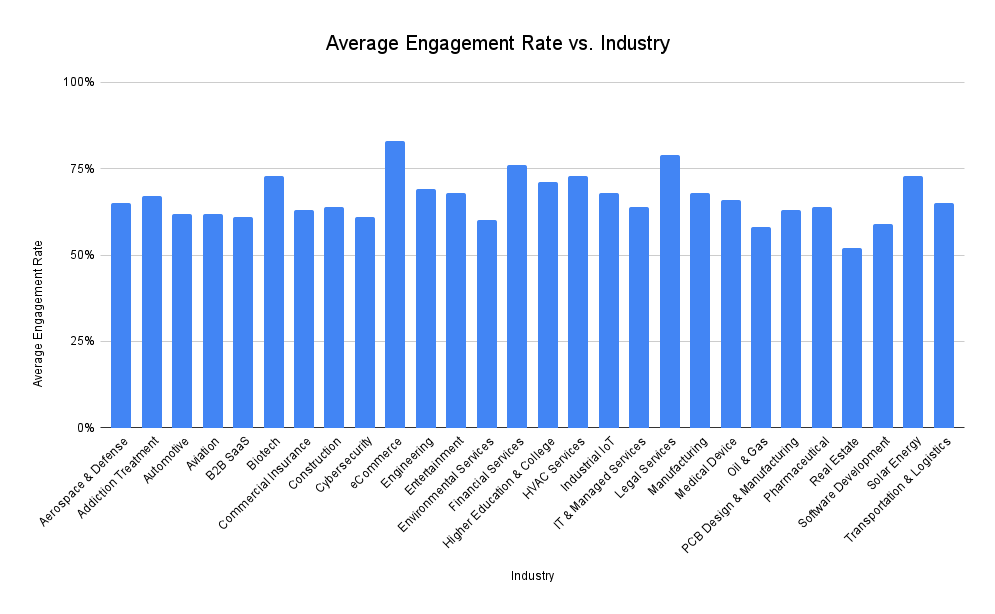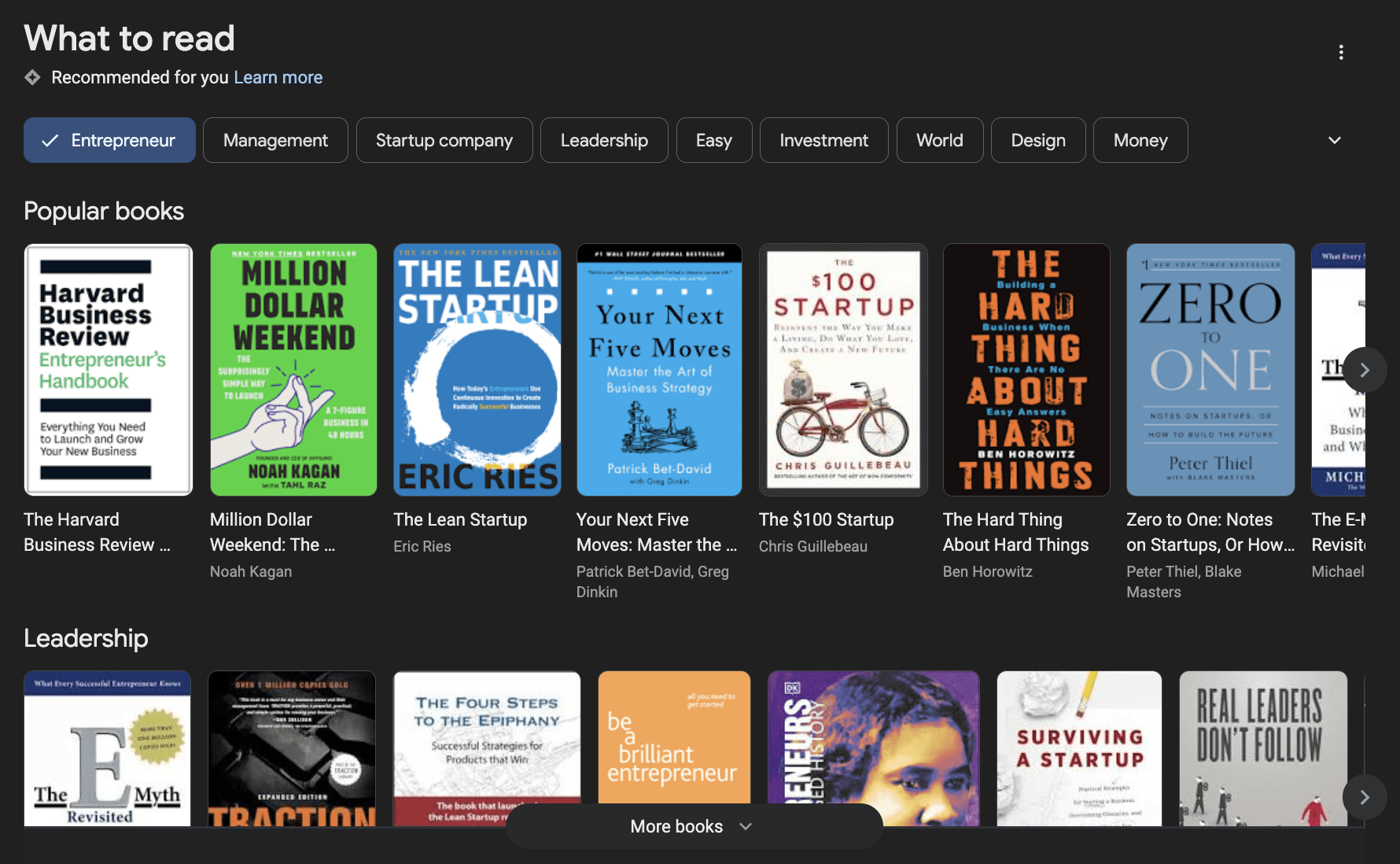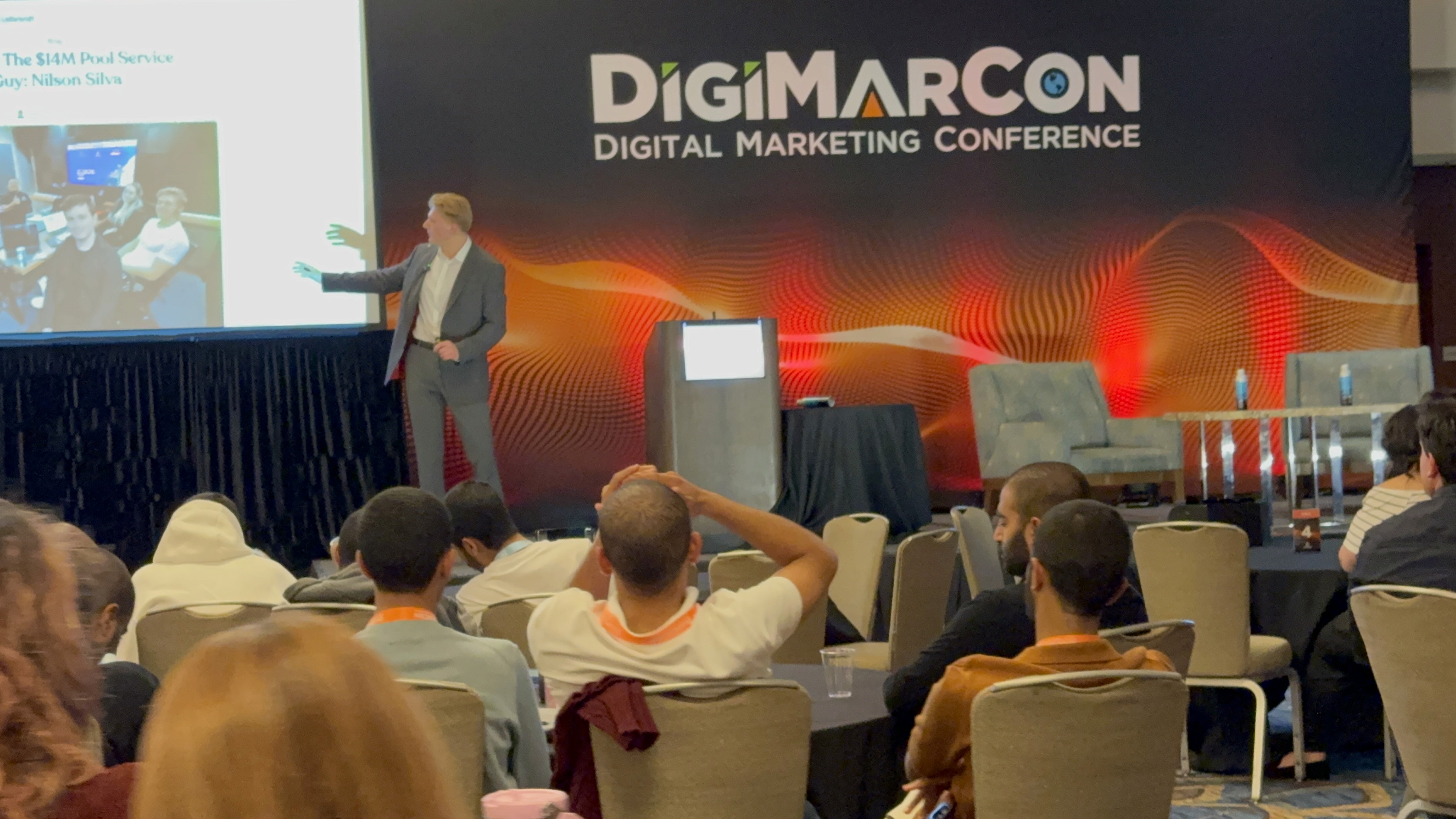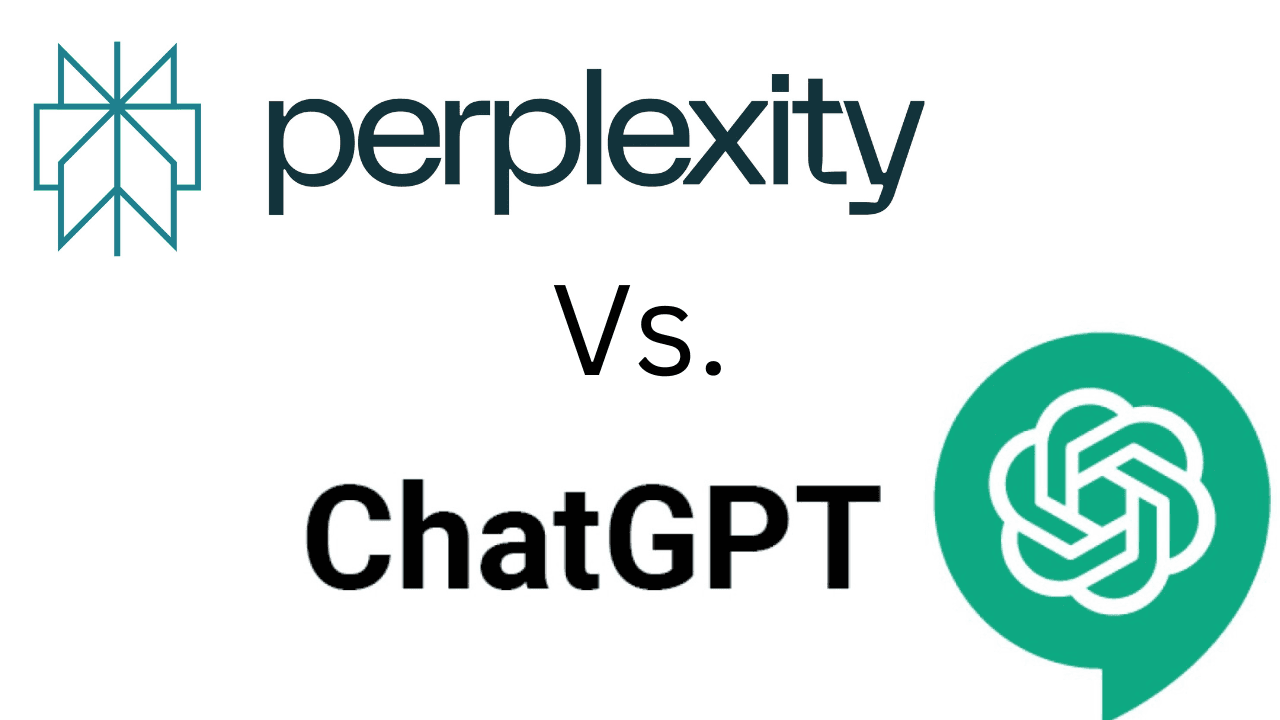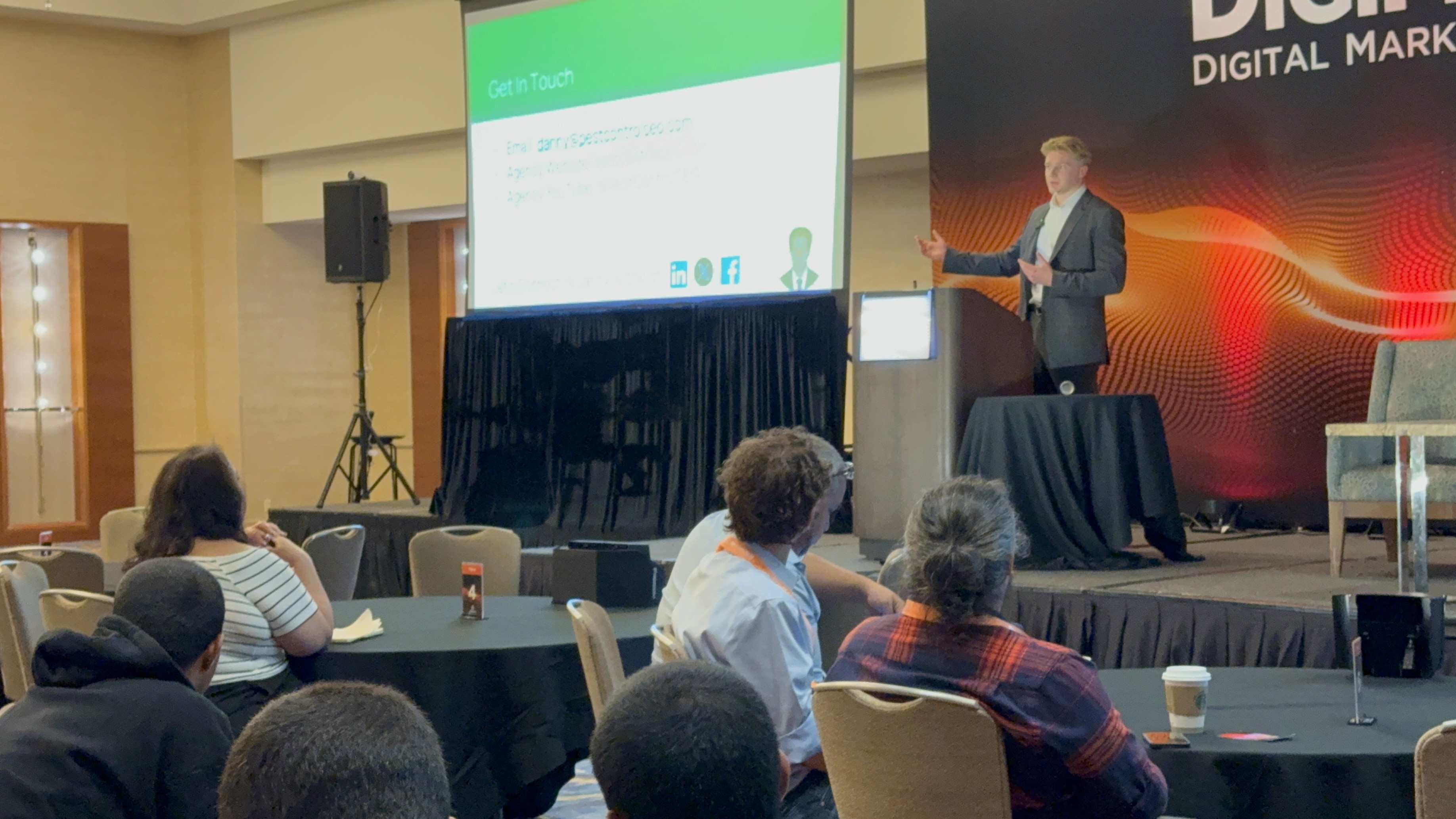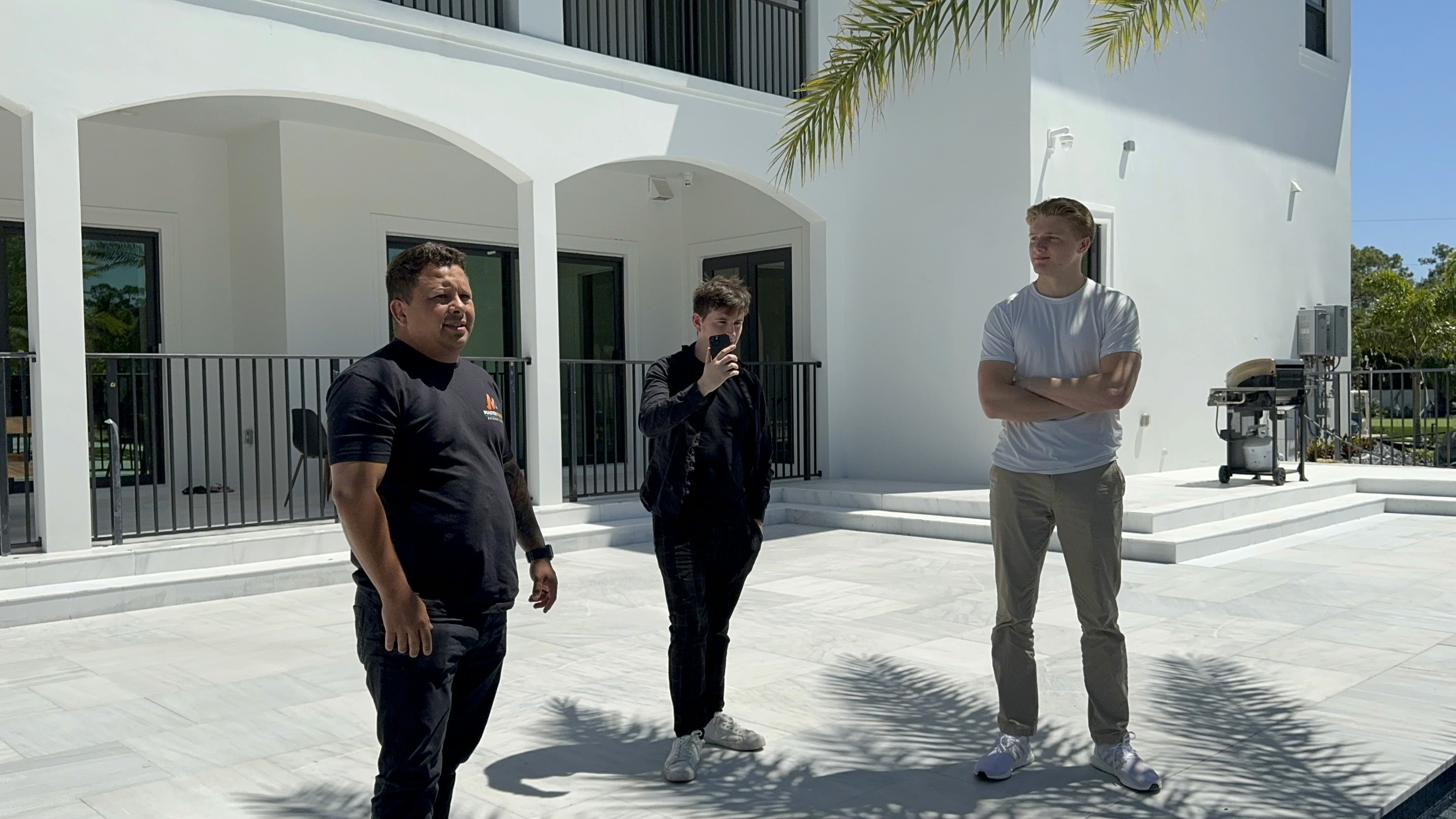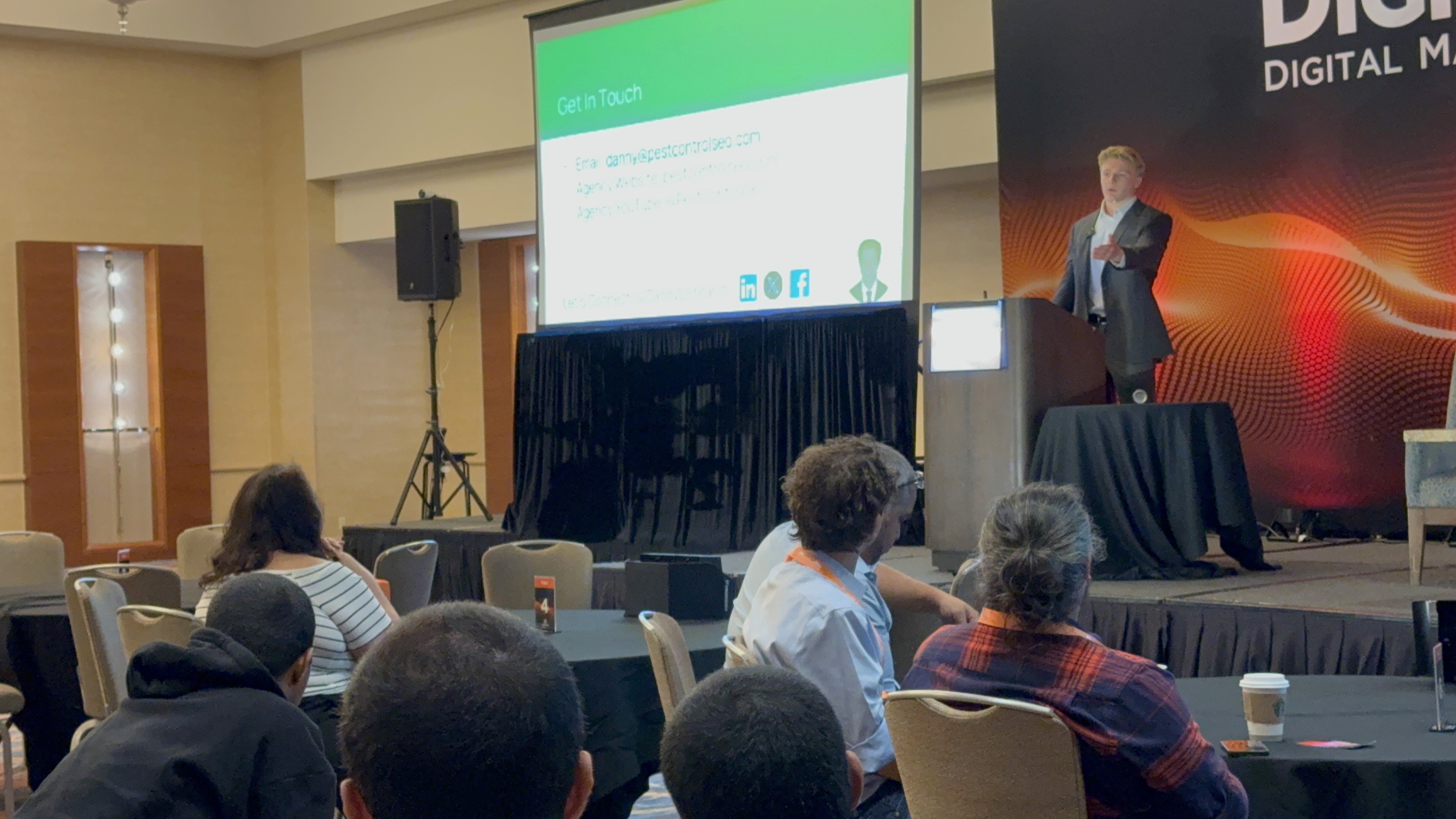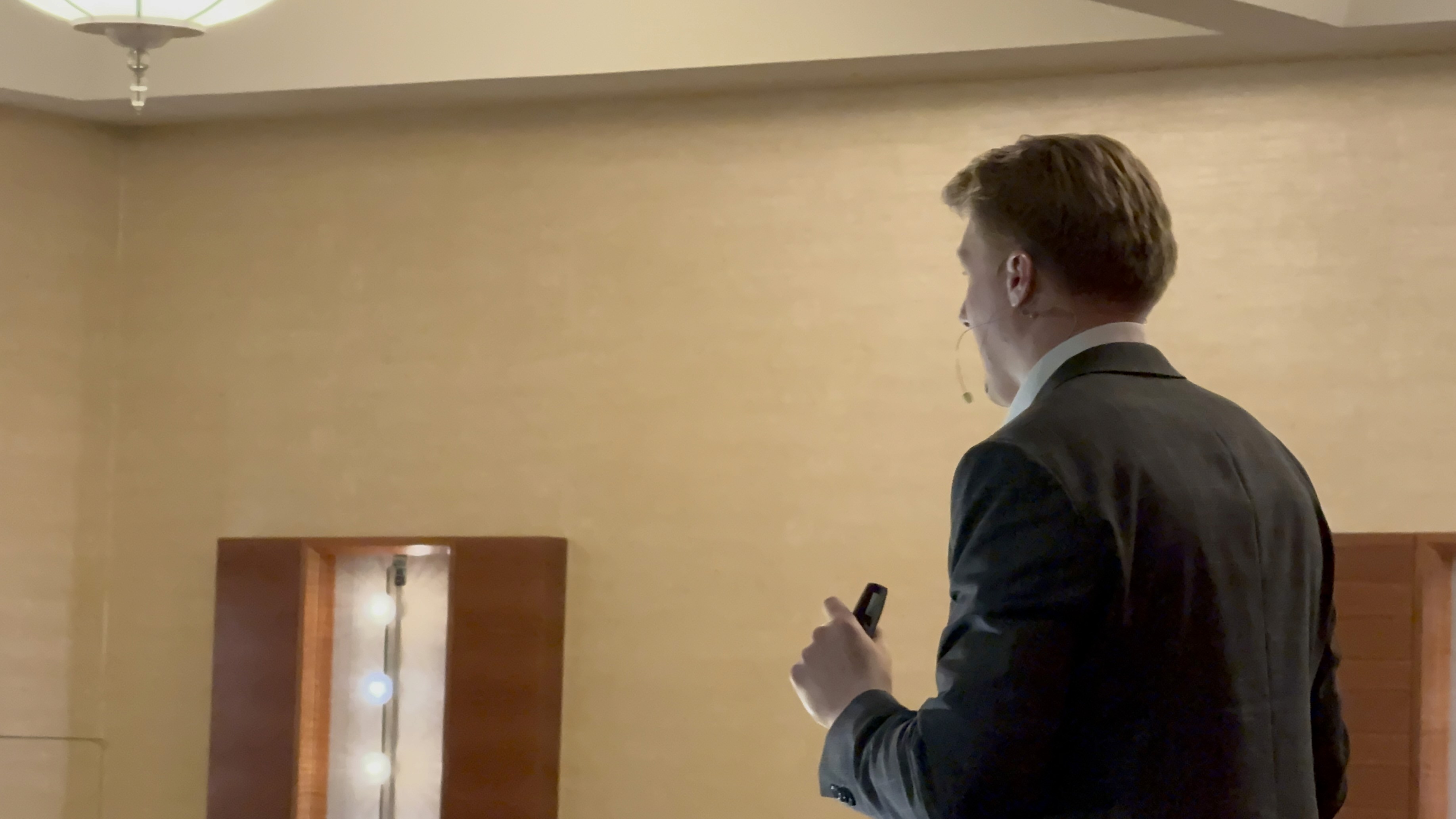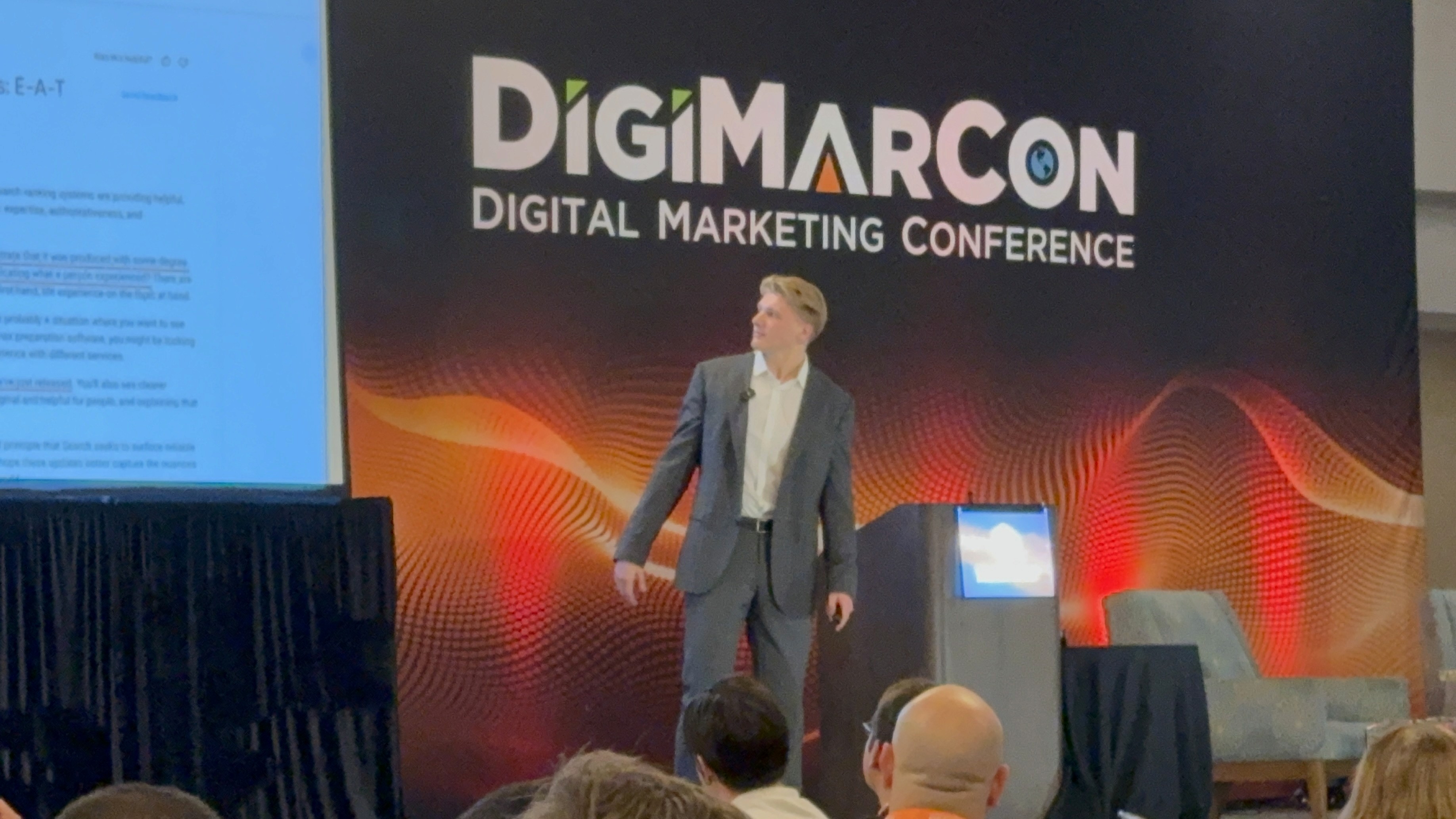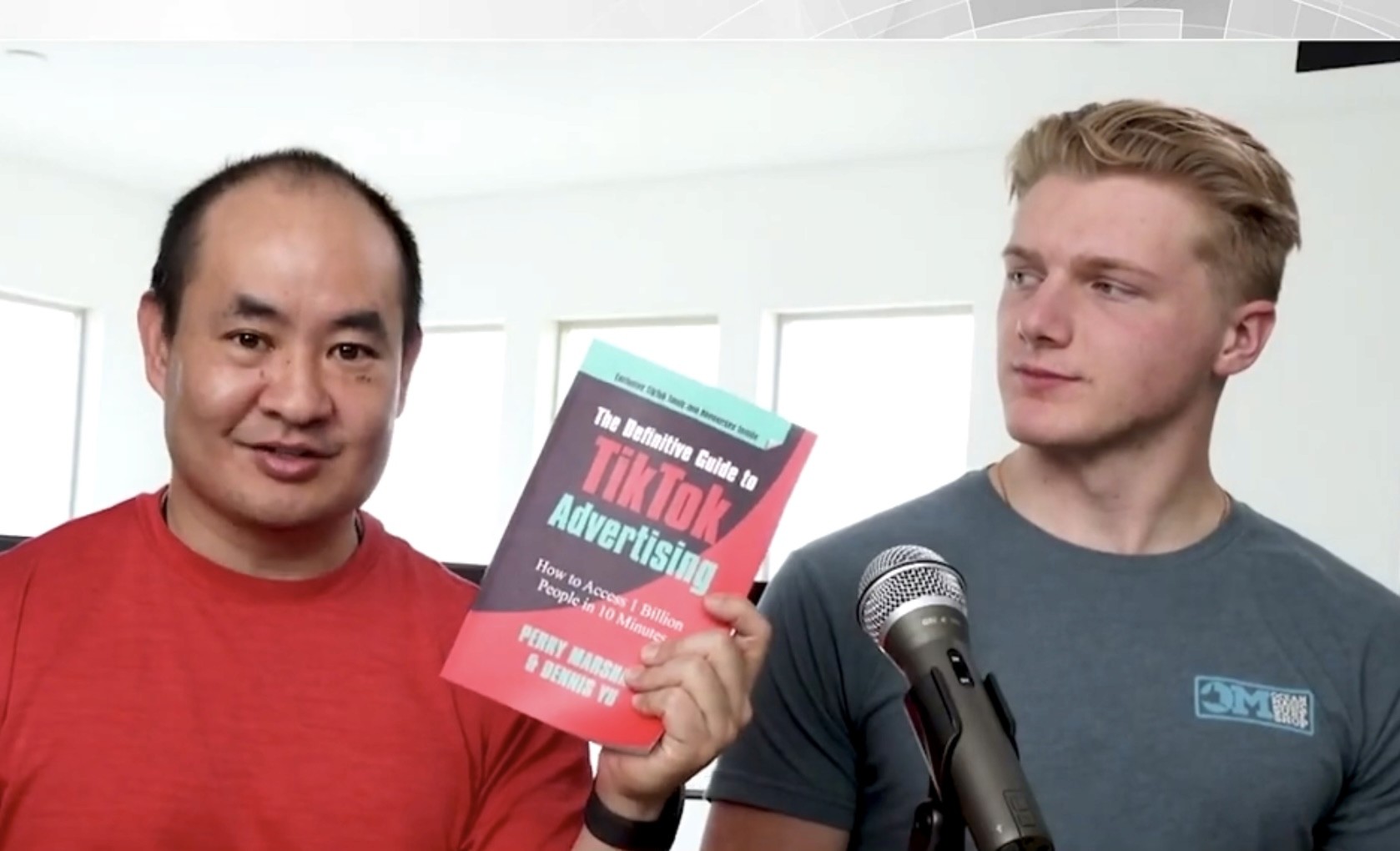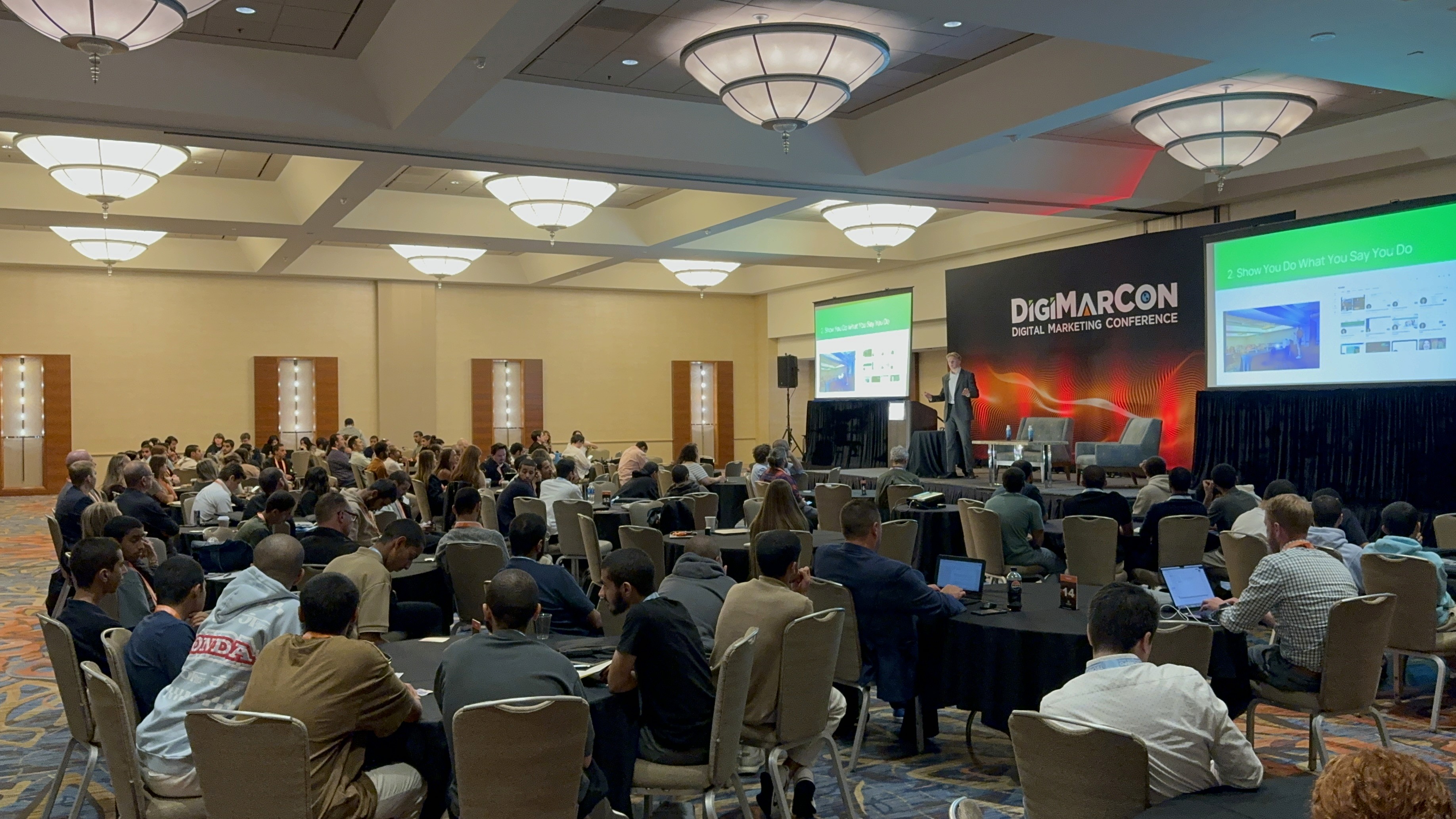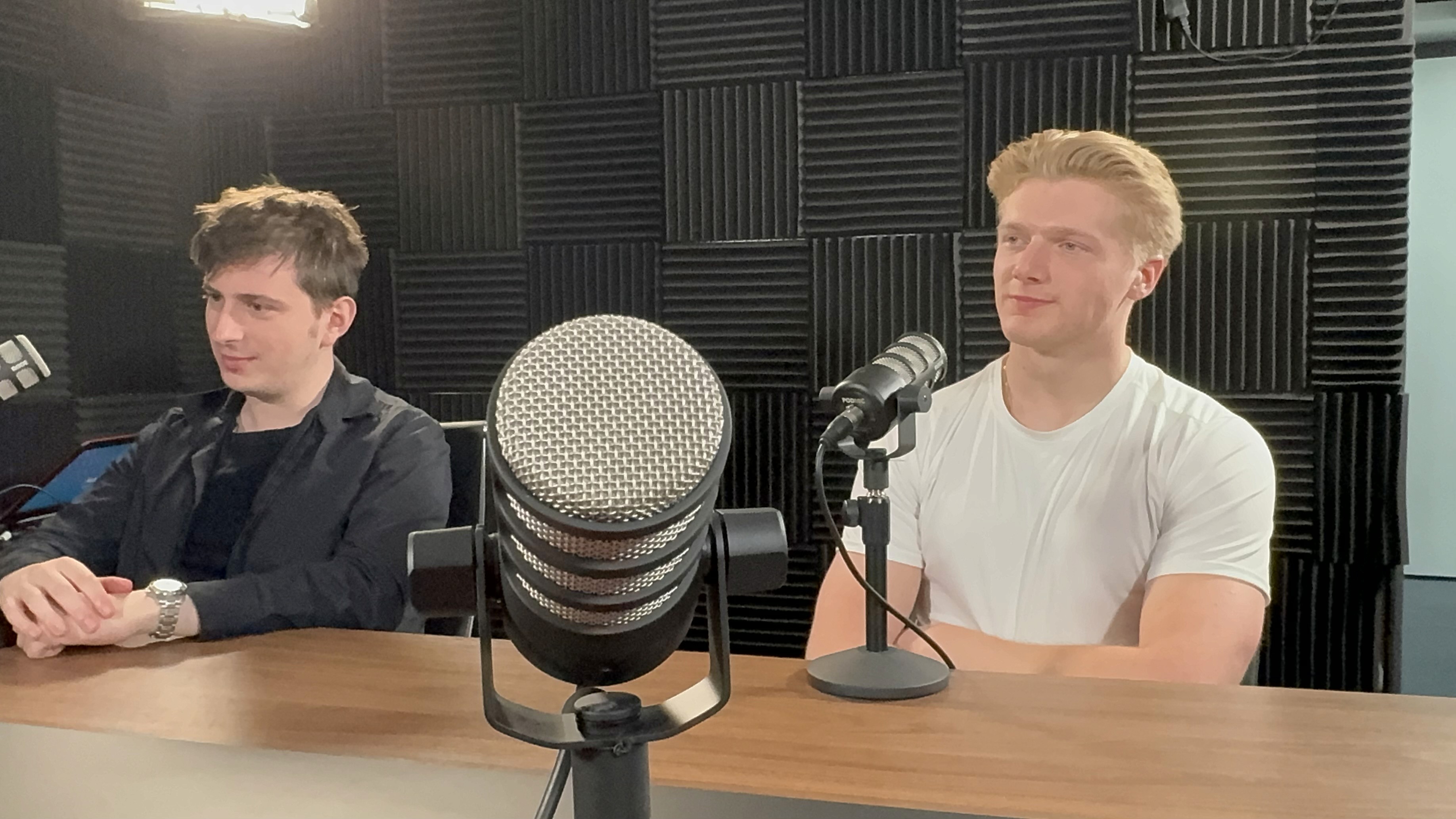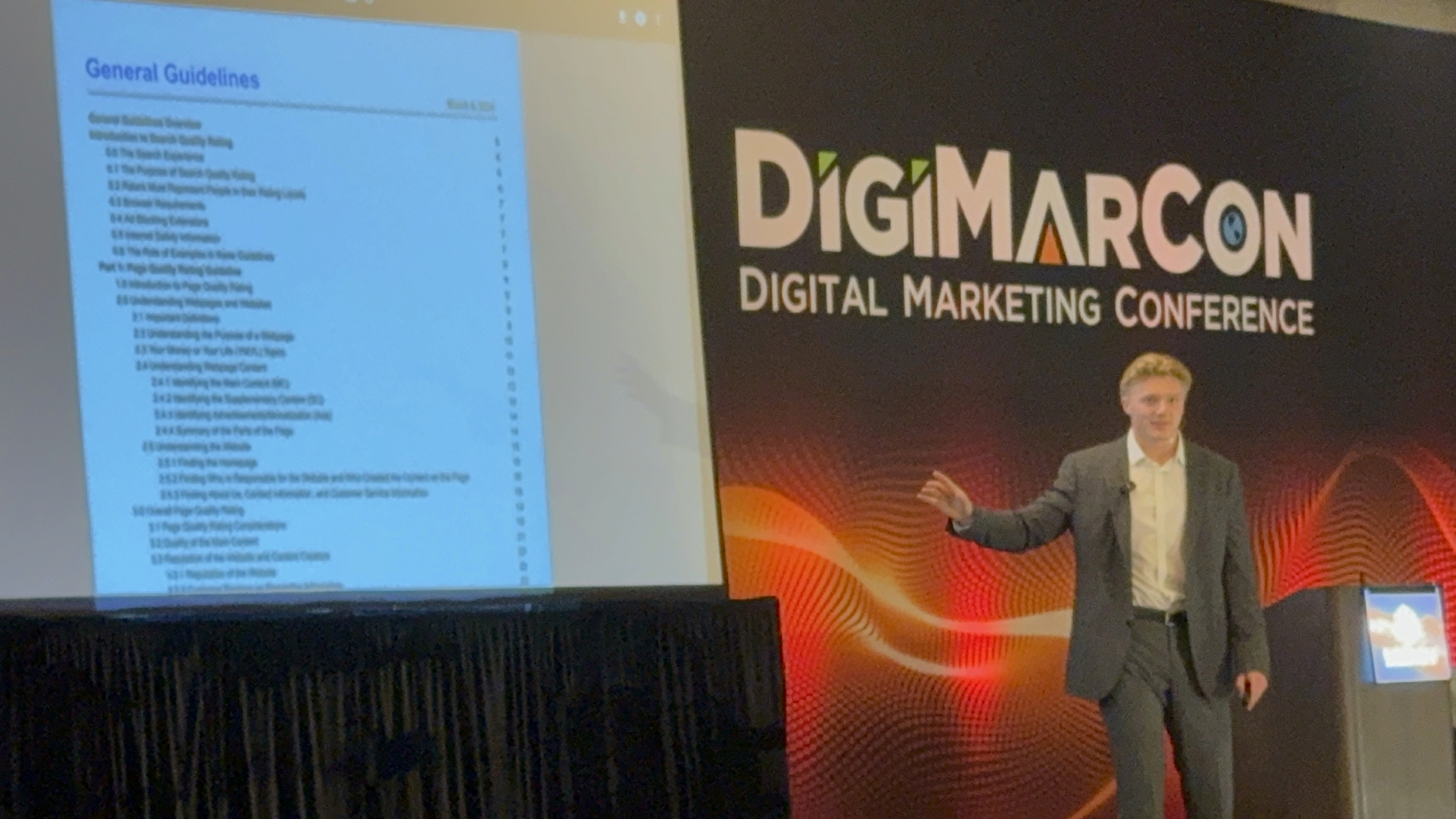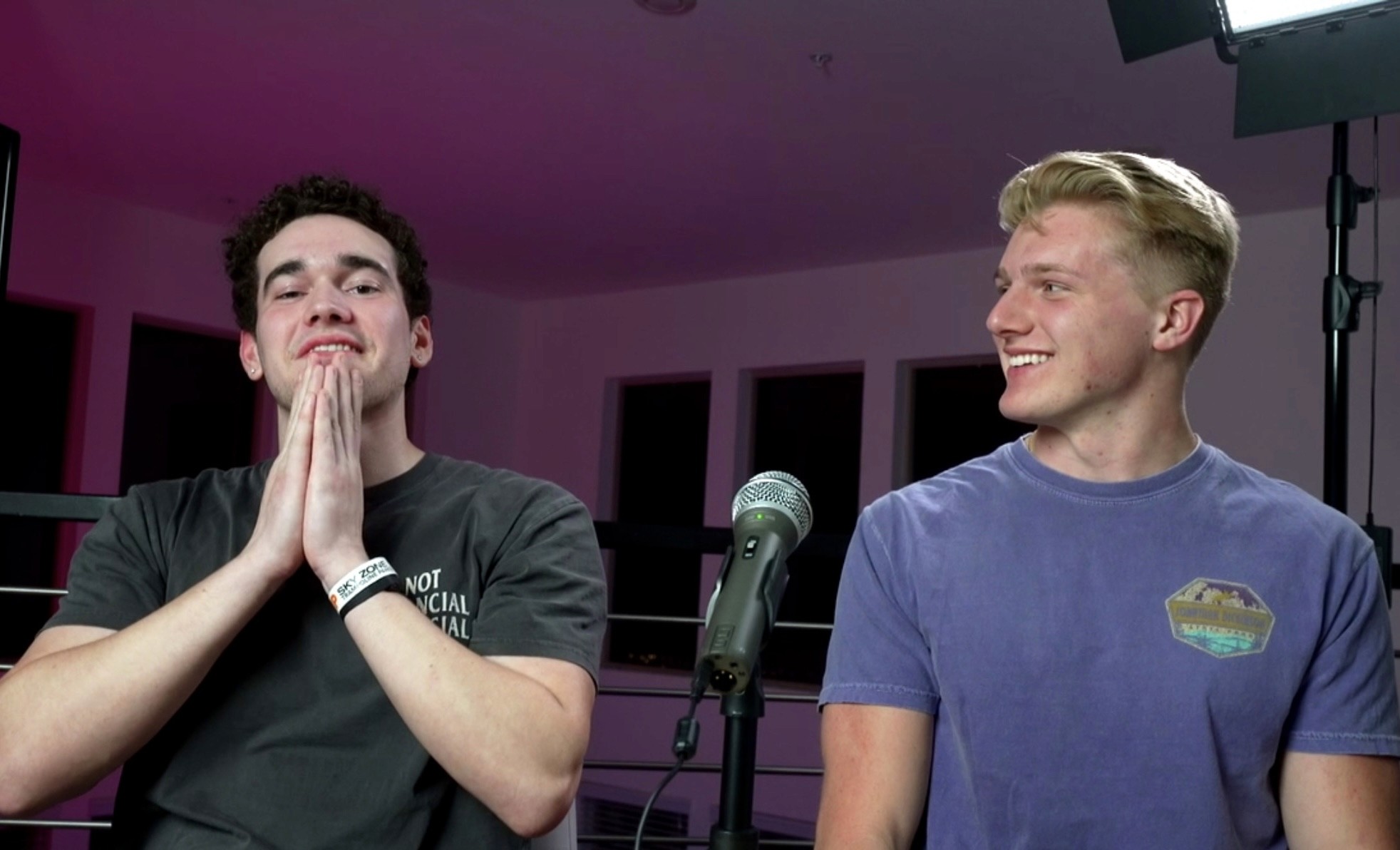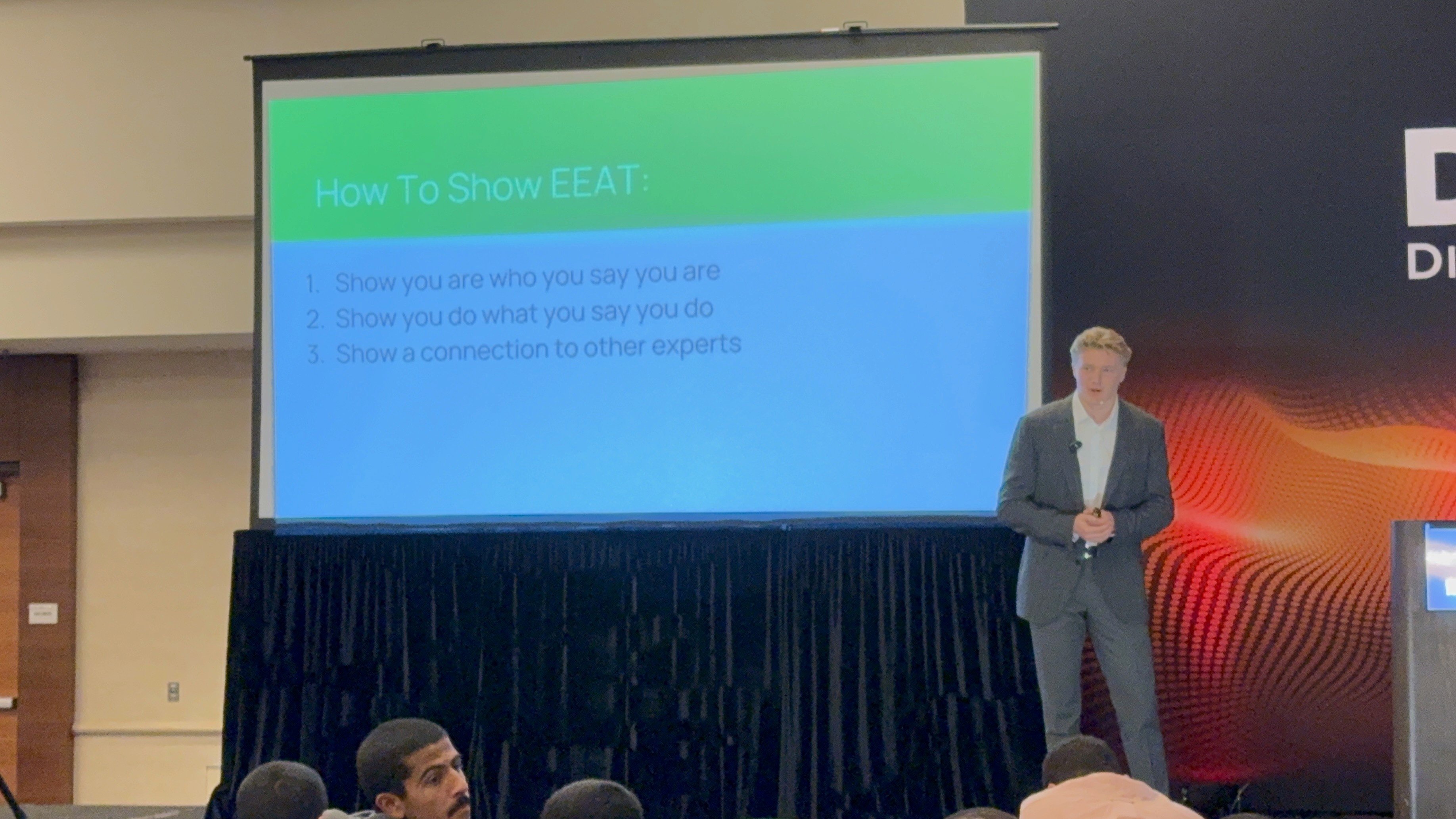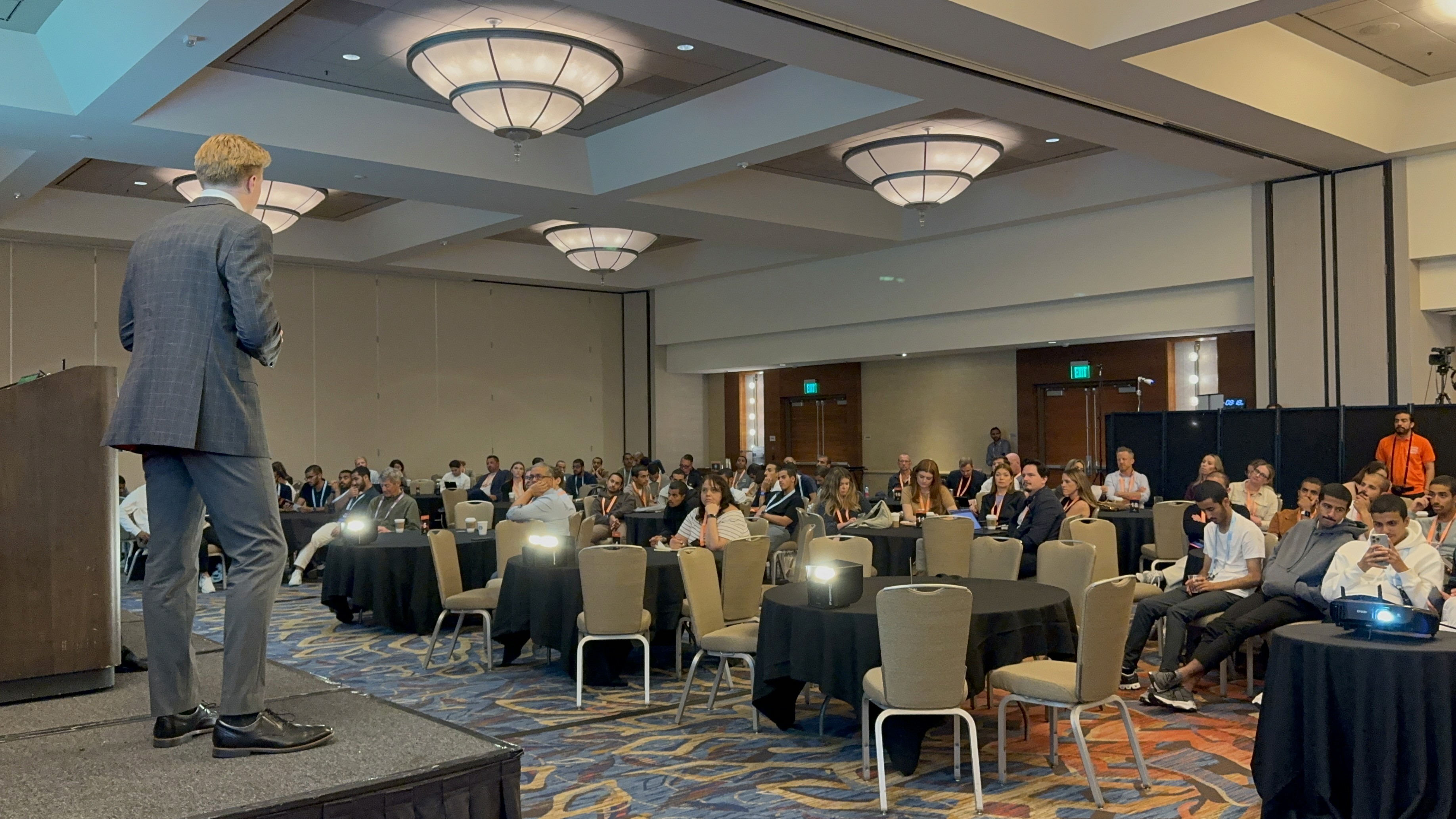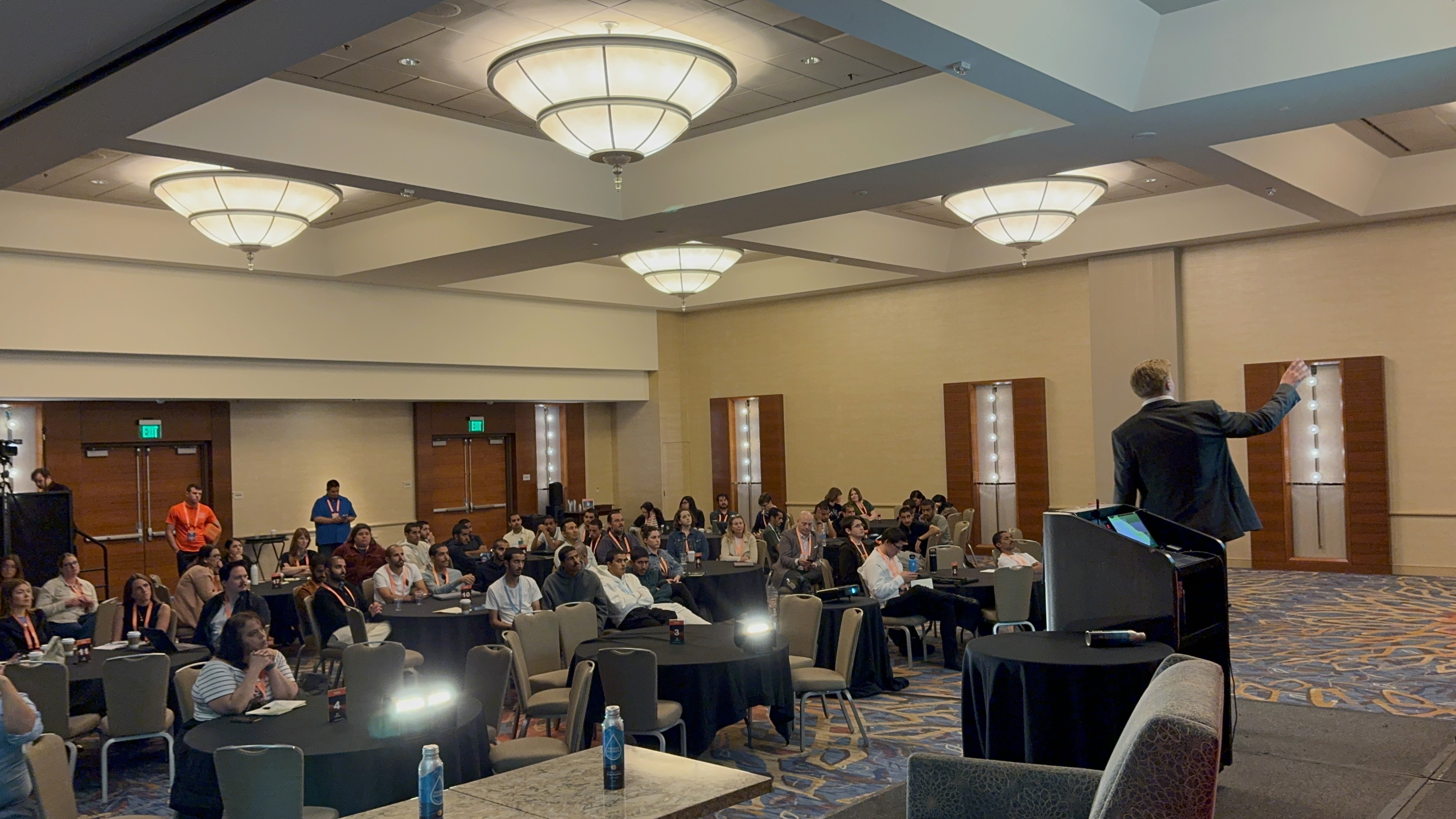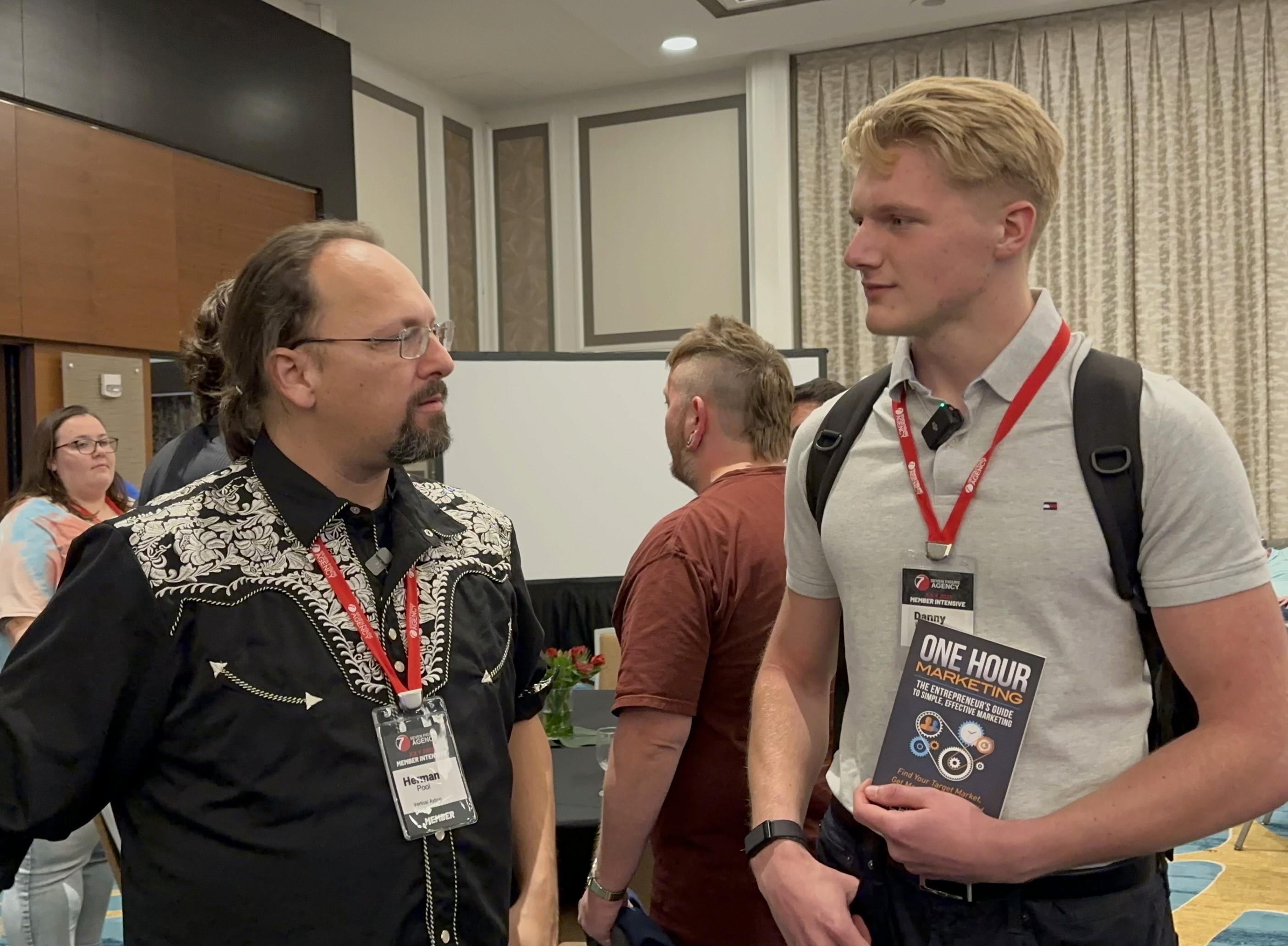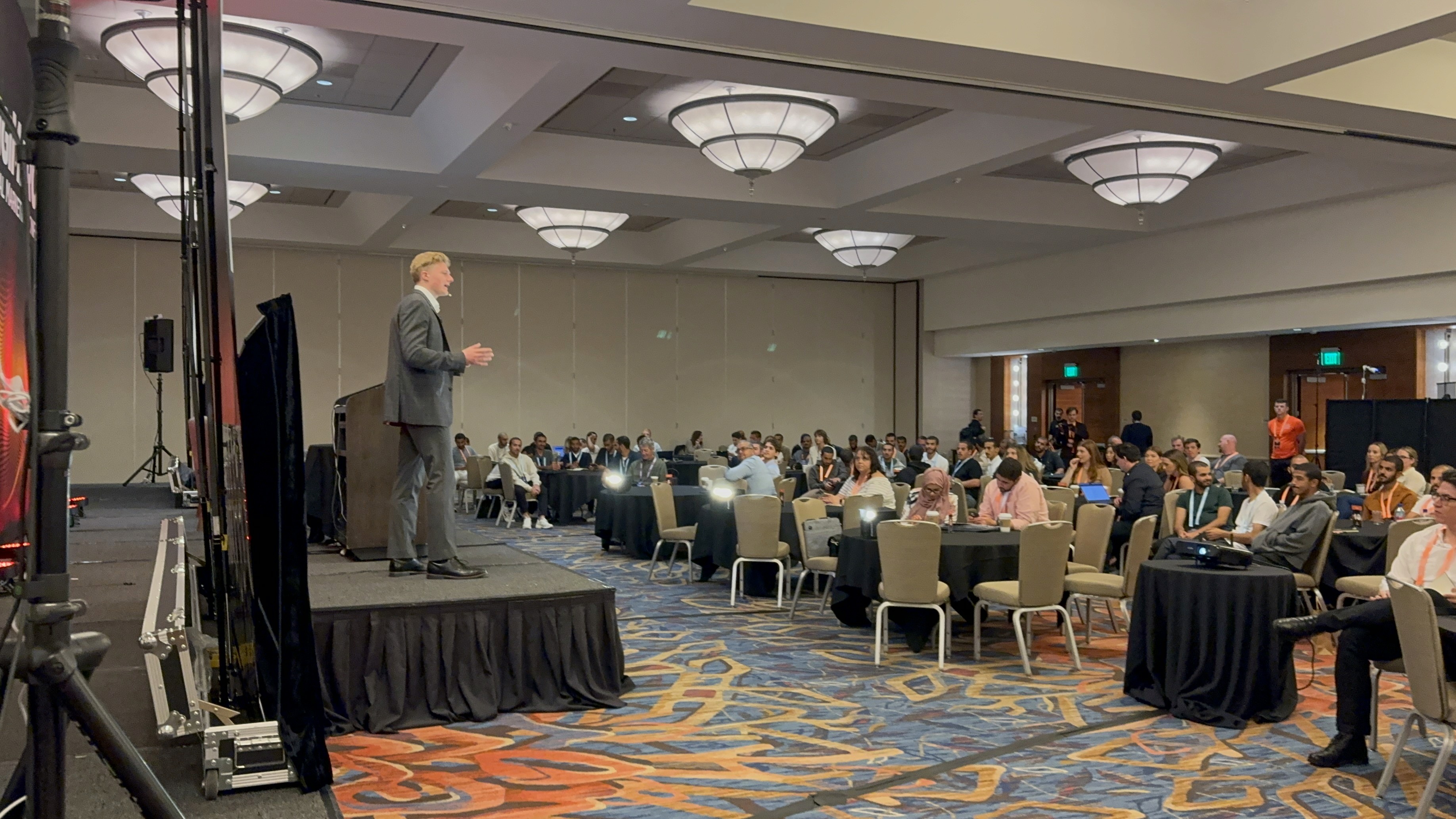Local Marketing Secrets
White Hat Vs. Black Hat SEO in 2025: Craig Campbell
Apr 7, 2025
When it comes to SEO, few people have been around the block like Craig Campbell. This guy's been doing SEO for 23 years, was voted the most influential SEO in the world in 2020, and has built a massive following online—not to mention a six-figure sponsorship with ODYS. So when I had the chance to sit down with him on the podcast, I knew we had to dive into one of the most controversial topics in our industry: white hat vs. black hat SEO.
/ / / / / / / /
The Truth About Black Hat SEO
If you think “black hat” means spamming blog comments or hacking sites, you're missing the point. As Craig puts it, black hat SEO is about leveraging opportunities and bending the rules creatively—not being reckless.
For example, using an aged domain to skip the sandbox and compete with sites that have been around for 10+ years? That’s not necessarily shady—it’s strategic. Or setting up multiple Google Business Profile (GBP) listings to match your competitors who are gaming the system? Again, it’s about keeping up. As Craig said, "Don't hate the player. Hate the game."
At the end of the day, if your competition is exploiting loopholes and getting 5x the leads, you're either playing the game or watching from the sidelines. Craig's point was simple: be smart, be creative, and don’t get caught.
Where to Draw the Line
Personally, I try to stick to white hat strategies—and when I stretch the rules, I’d consider it more "gray hat." For example, I might recommend a pest control company set up a GBP address in a friend’s office if they don’t have a physical location. Technically against Google’s guidelines, but in the real world? It works—and it's often necessary to compete.
Craig added that if you're going to bend the rules, don’t do it on your primary domain. Build other assets to test more aggressive strategies. Use your main brand to play it safe. Smart.
Why Clean SEO Still Wins (Especially in Local)
One of the key takeaways here was that you don’t always have to go black hat—especially in local SEO. Home service niches like pest control are competitive, but nowhere near as cutthroat as iGaming or the legal space.
Craig made it clear: if your competitors aren’t using advanced tactics, you probably don’t need to either. Focus on solid fundamentals—clean websites, strong GBP optimization, local landing pages—and you’ll outperform 90% of the market.
And when it comes to clients, remember: you're dealing with people’s livelihoods. Going too aggressive could burn their entire lead gen strategy overnight.
How Google Is Cracking Down
We also talked about how Google’s been tightening the screws lately. Suspensions are up, manual verifications are increasing, and mass AI-generated content is getting hit hard.
For example, Craig once launched a 1,200-page AI content site. It crushed for three months, then tanked—and they couldn’t recover it, even with fresh human-edited content and legit backlinks. That site was permanently flagged.
Lesson? AI content can be a great starting point for outlines and research, but you need a human to polish it. If Grammarly can detect it's AI-written, Google can too.
What About Social Media for Local Businesses?
Craig had an interesting take here: social media works great—for the right industries. Hairdressers? Yes. Roofers and pest control companies? Probably not.
No one wants to watch a rat extermination video. But for before-and-afters, like bathroom renovations or landscaping jobs, platforms like Instagram or Facebook can work. The key is understanding where your audience is and what kind of content they actually want to see.
And don’t assume every platform will work the same way. Craig uses YouTube and LinkedIn for business content, but keeps Facebook and Instagram personal. Tailor your content to each audience.
The Real Deal on Link Building
This might’ve been my favorite part of the episode. Craig didn’t sugarcoat it—if you think great content will naturally earn backlinks in most industries, you’re dreaming.
In home services, people aren't linking to a plumbing guide or pest control blog because it’s “so good.” Everyone buys links. The key is quality: avoid sites with spammy outbound links, aim for topically relevant placements (e.g. other home service blogs, not pest control competitors), and make sure the sites actually get traffic.
And no, Google probably won’t catch you—unless you're reckless. Buy smart, avoid footprints, and don’t mess with low-quality junk.
Where SEO Is Going
Is SEO dead? Not even close. But it’s changing. With AI Overviews, TikTok, YouTube, email, and PPC all fighting for attention, SEO is just one piece of the puzzle now.
Craig’s advice? Diversify your traffic sources. Google is pushing organic results further down the page, and it's getting harder to win big with just one channel. The future belongs to marketers who understand how to spread their bets—and optimize across platforms.
Final Thoughts
What I loved most about this convo with Craig was how real and unfiltered it was. Whether you lean white hat, black hat, or somewhere in between, the key is knowing your market, understanding your competition, and using the tactics that make sense for your situation.
SEO isn’t about following rules blindly—it’s about results. And in 2025, that means staying flexible, thinking creatively, and always being ready to pivot.
P.S. Check out the full episode here:
Latest
More Blogs By Danny Leibrandt
Get the latest insights on business, digital marketing, and entrepreneurship from Danny Leibrandt.




















